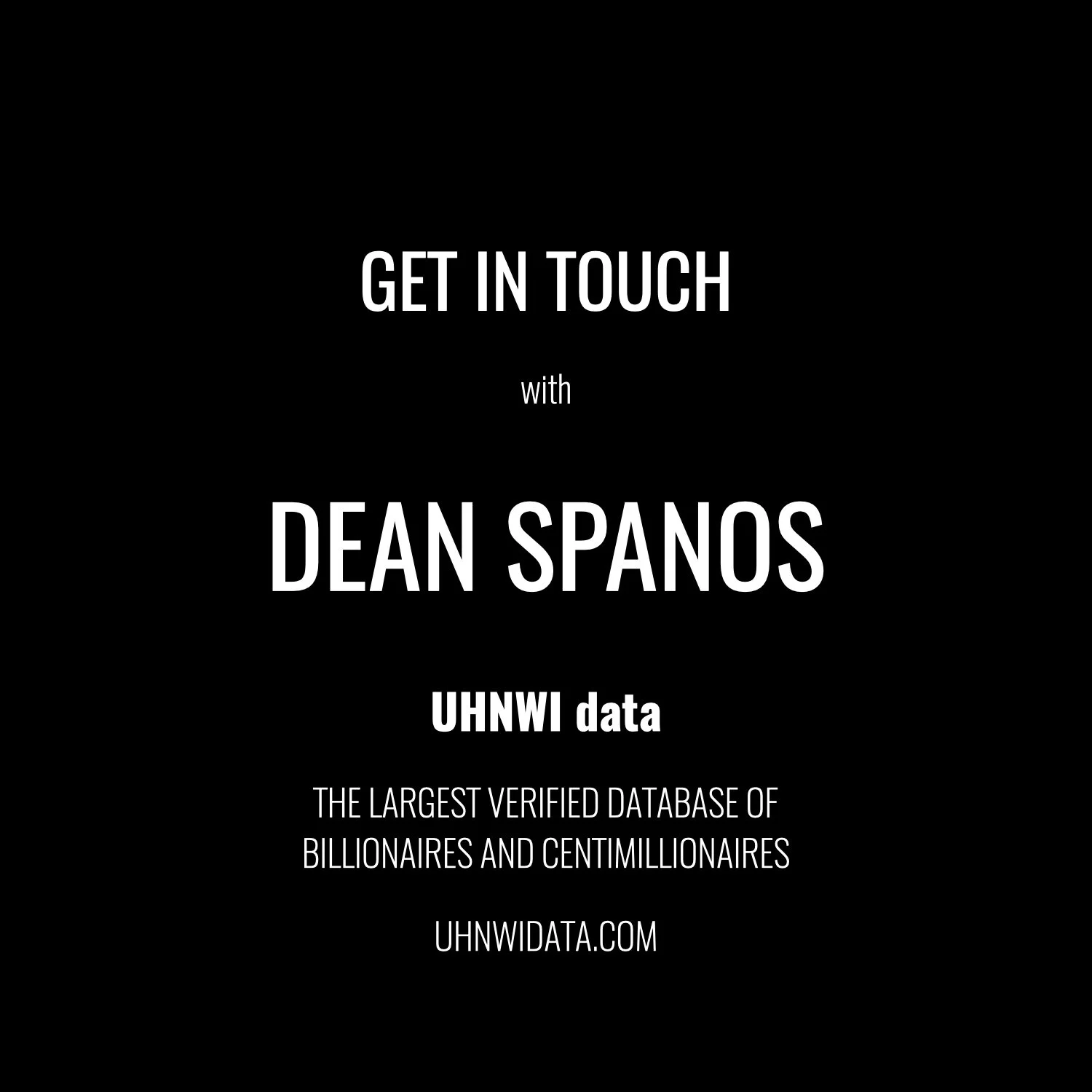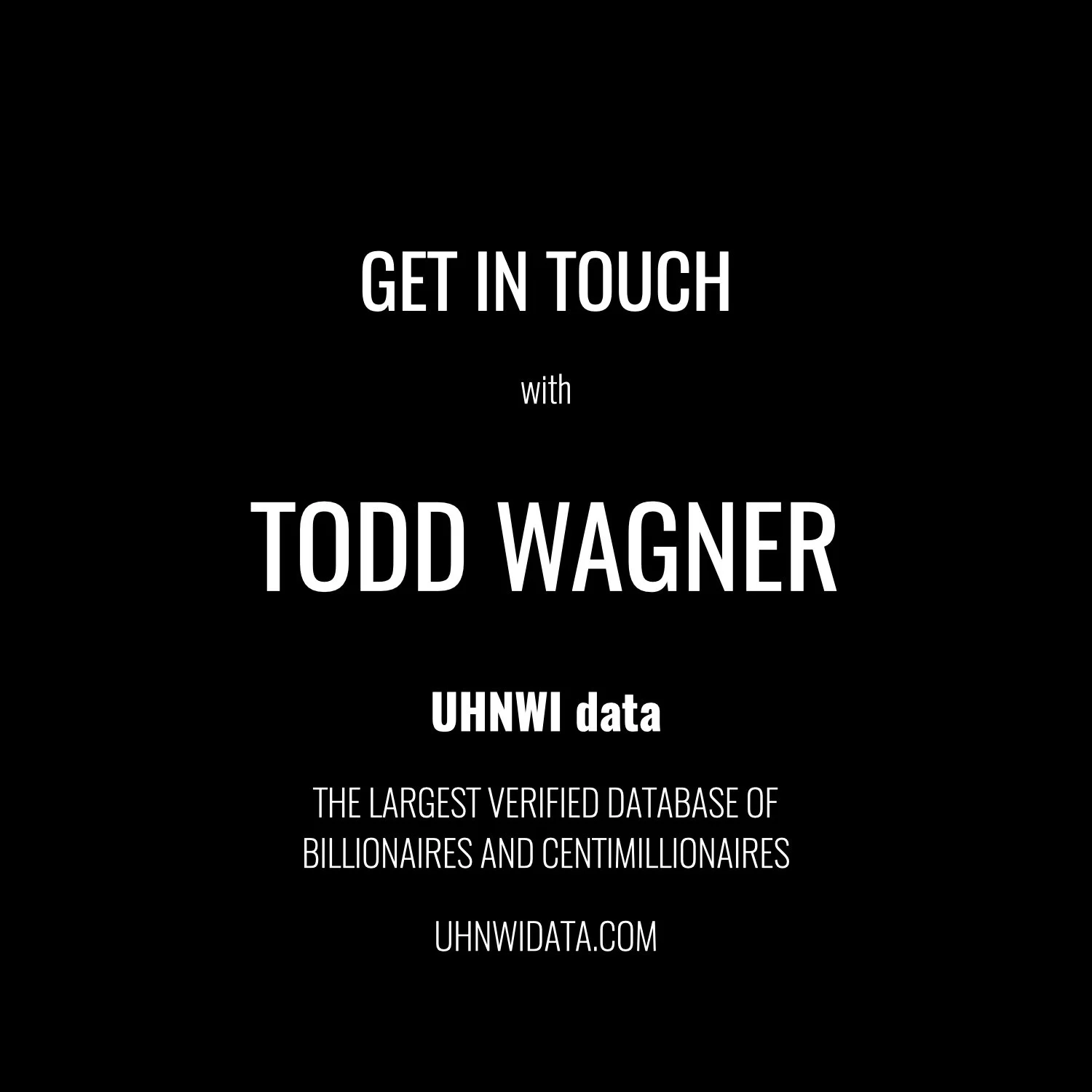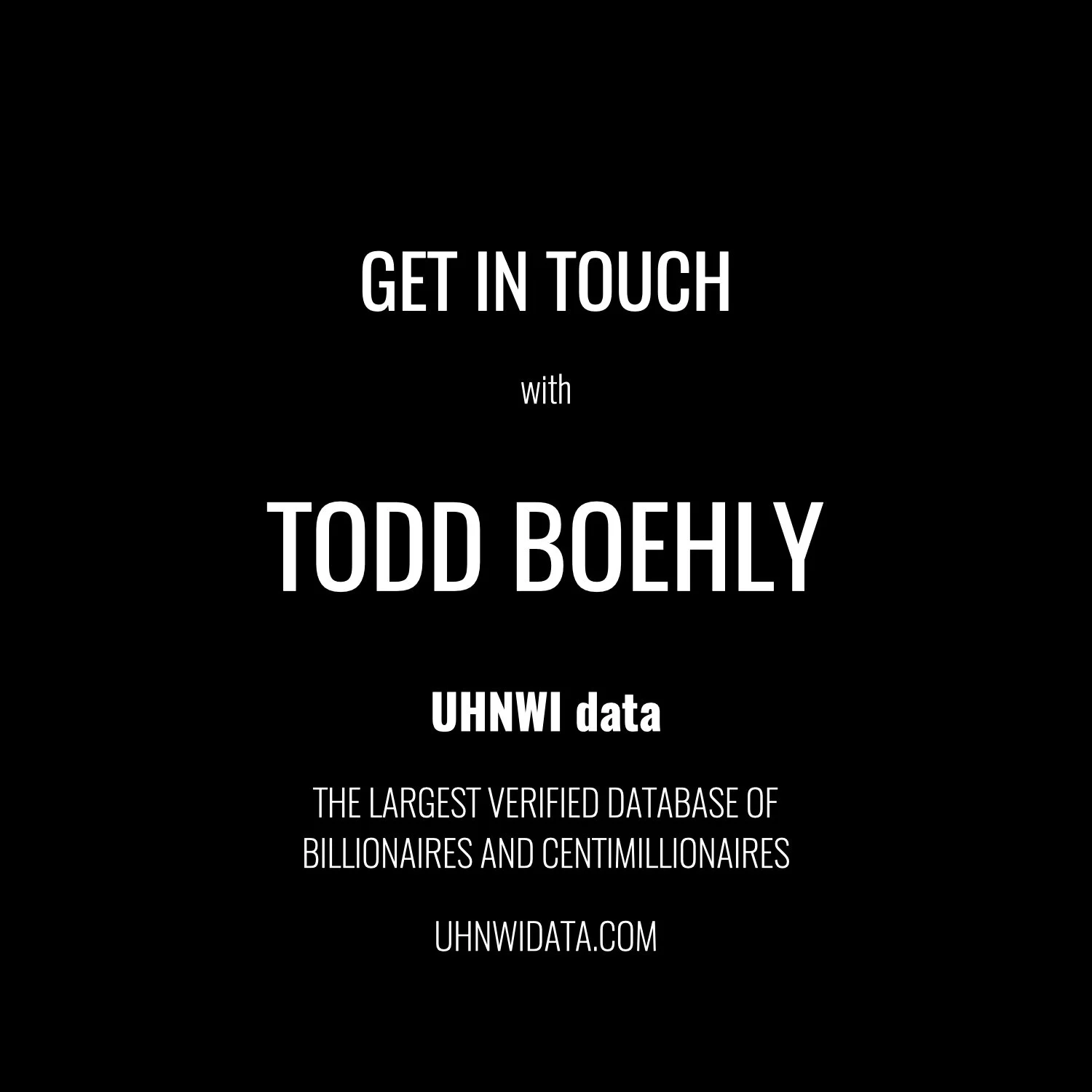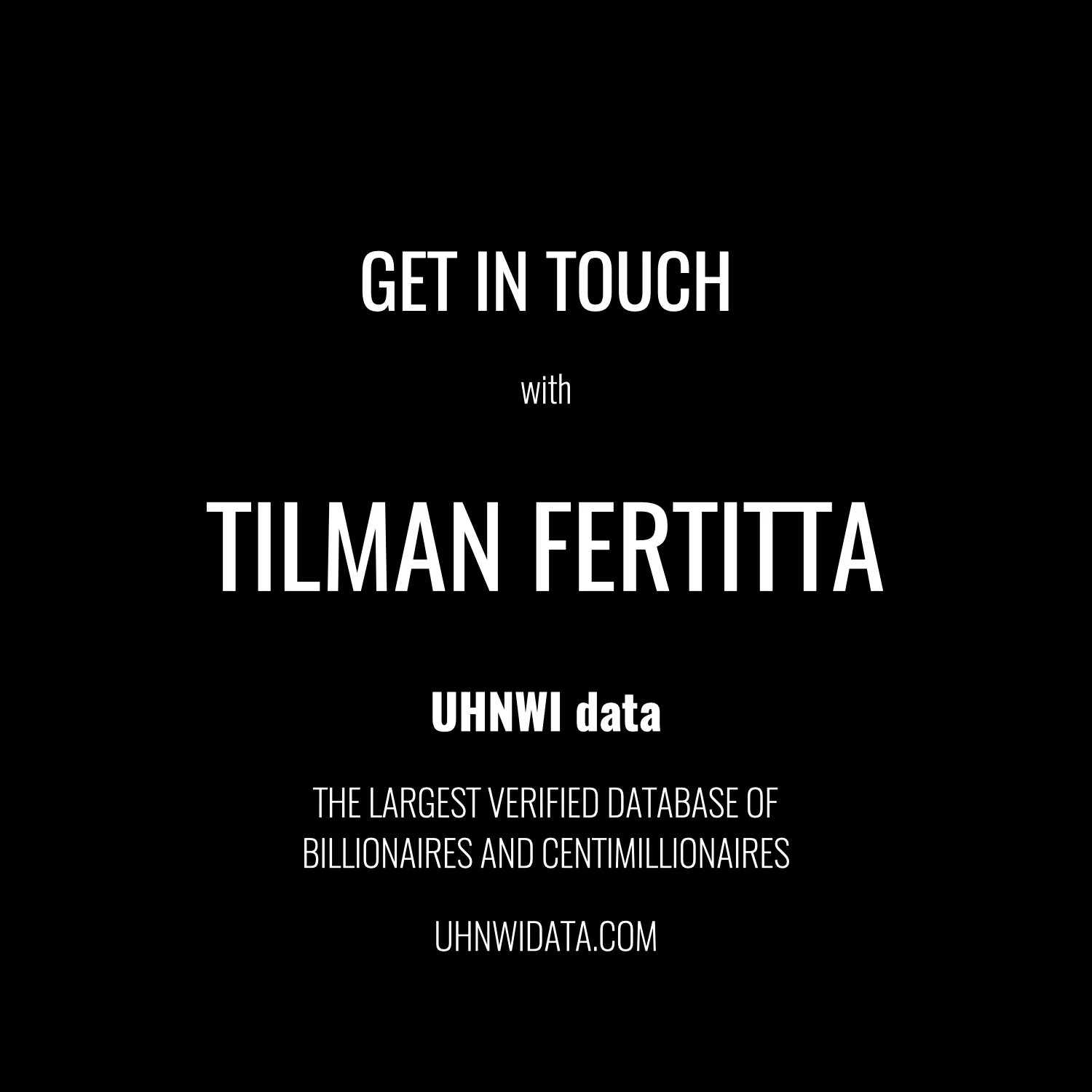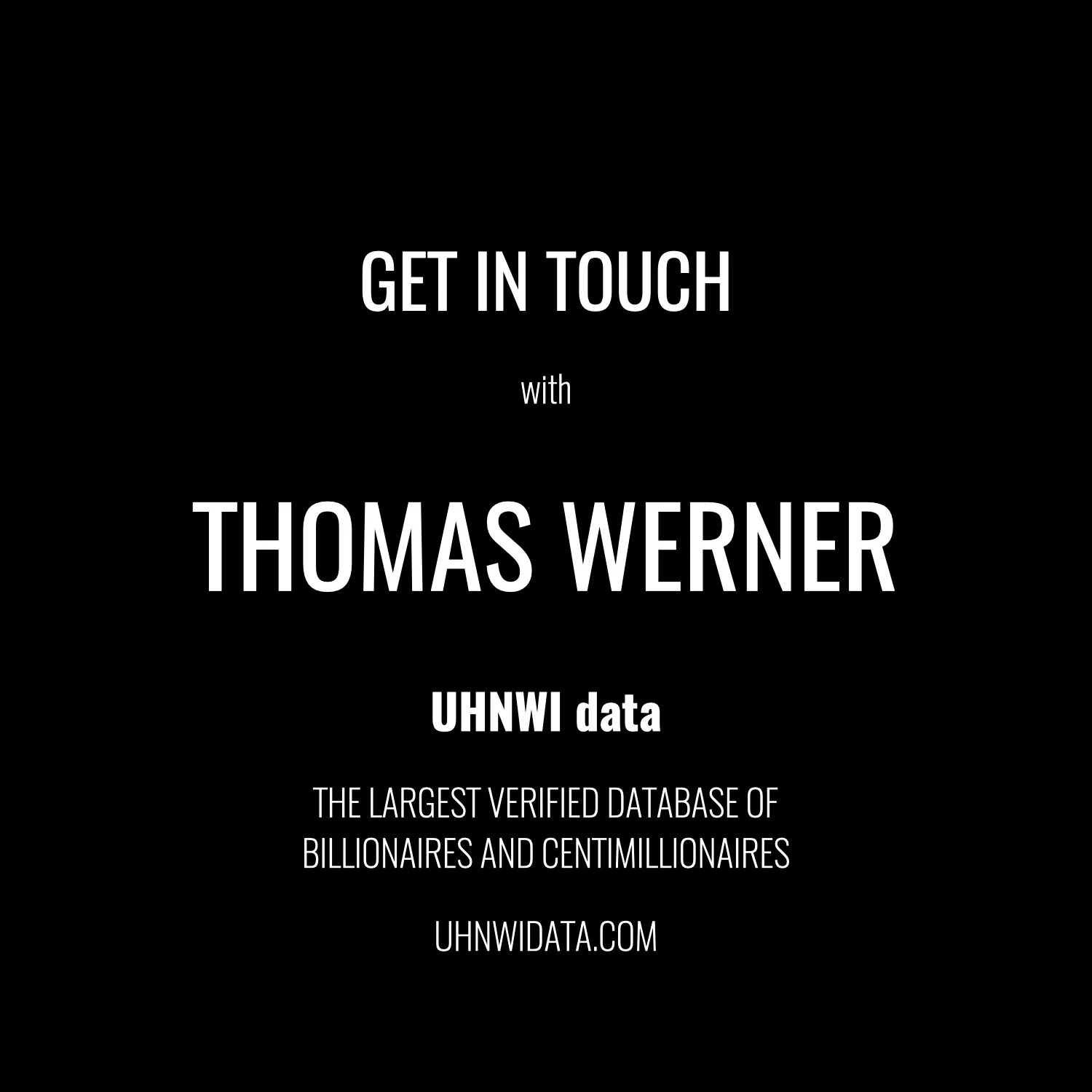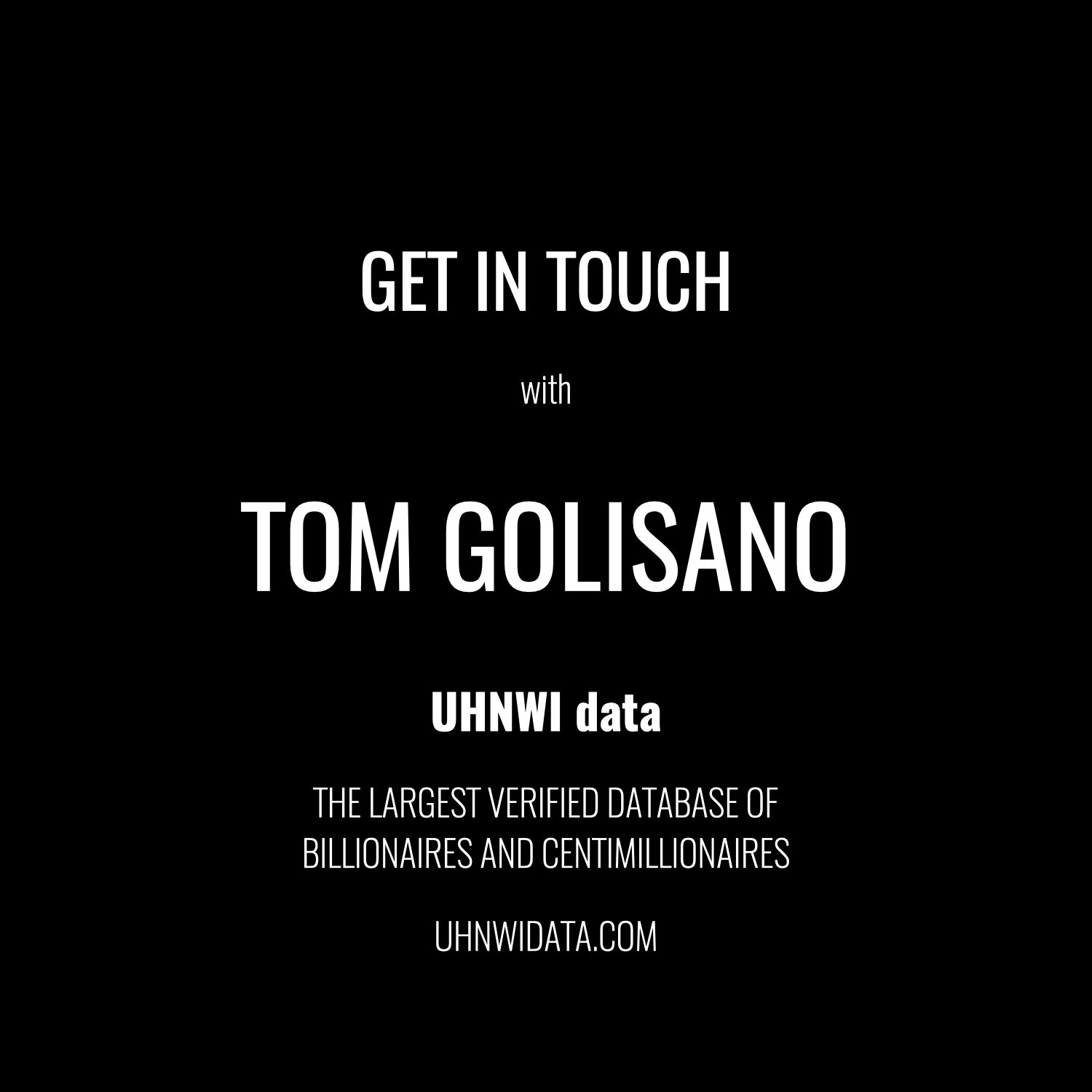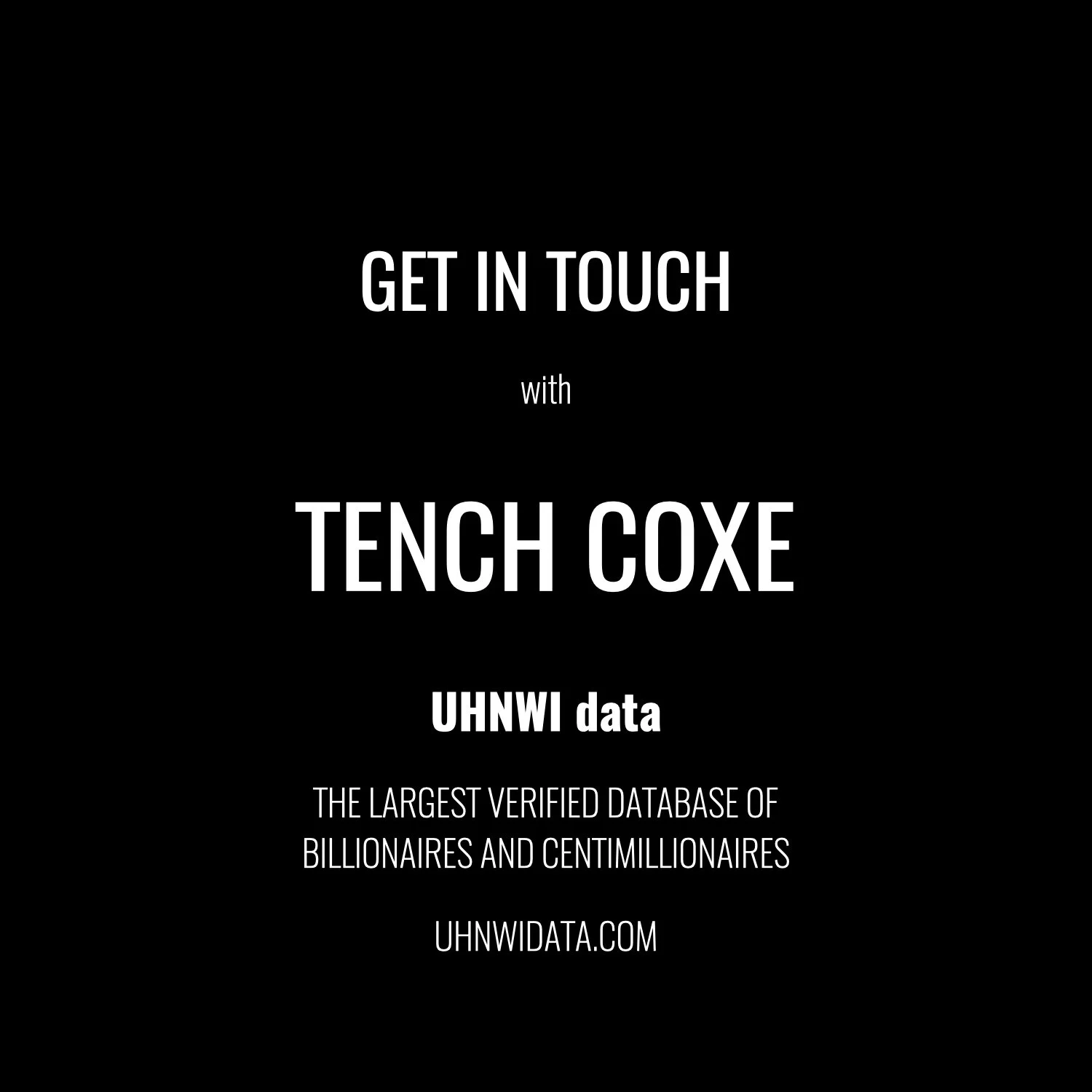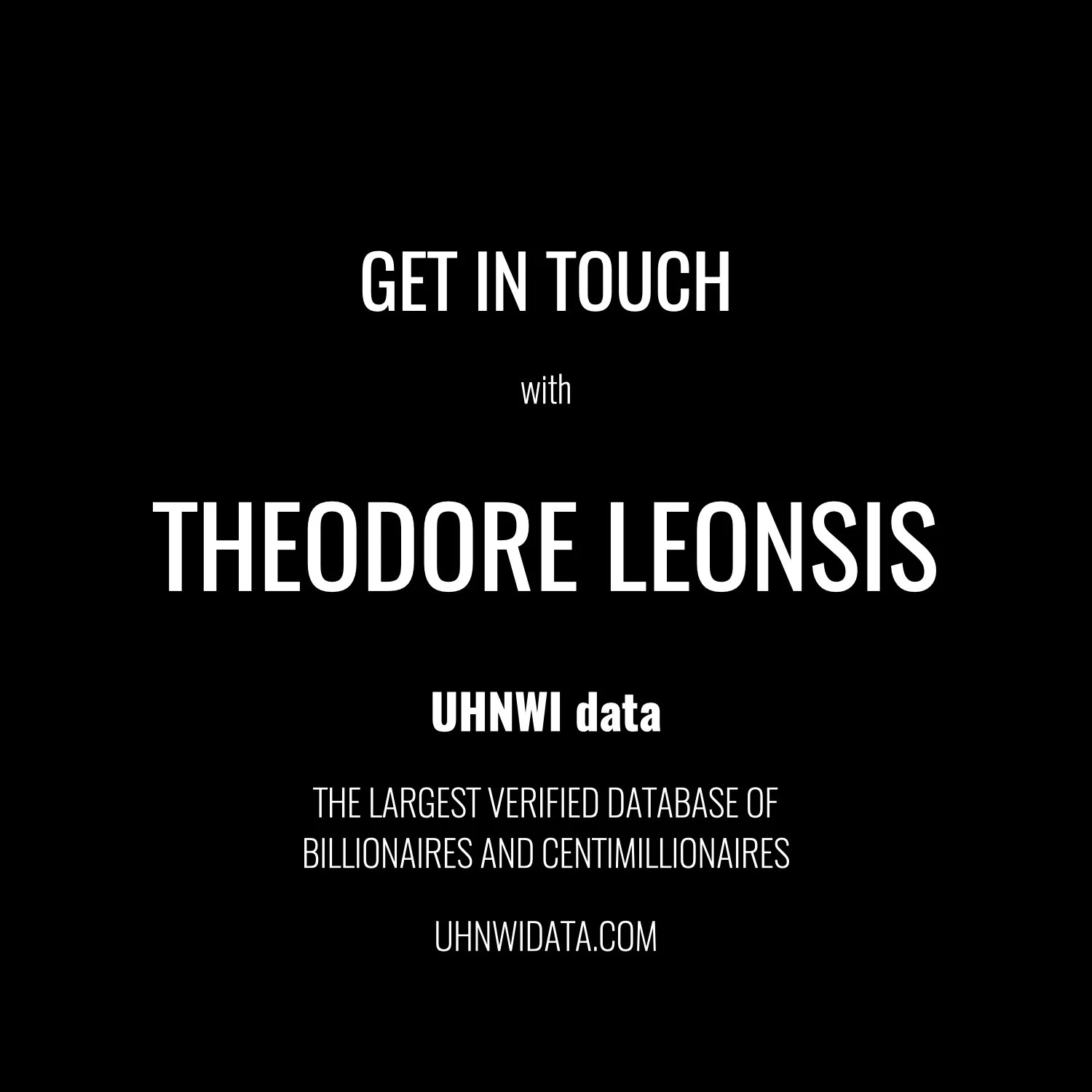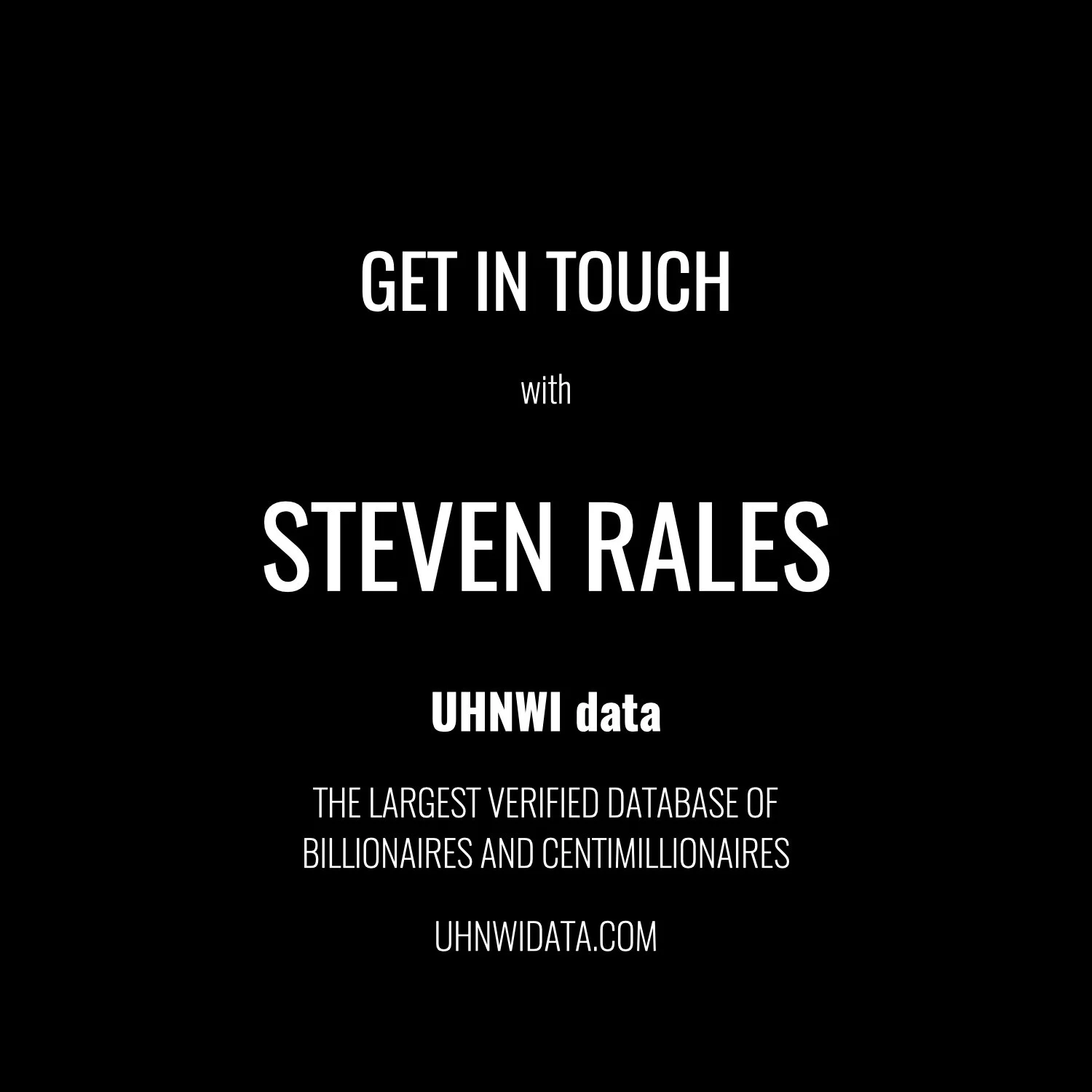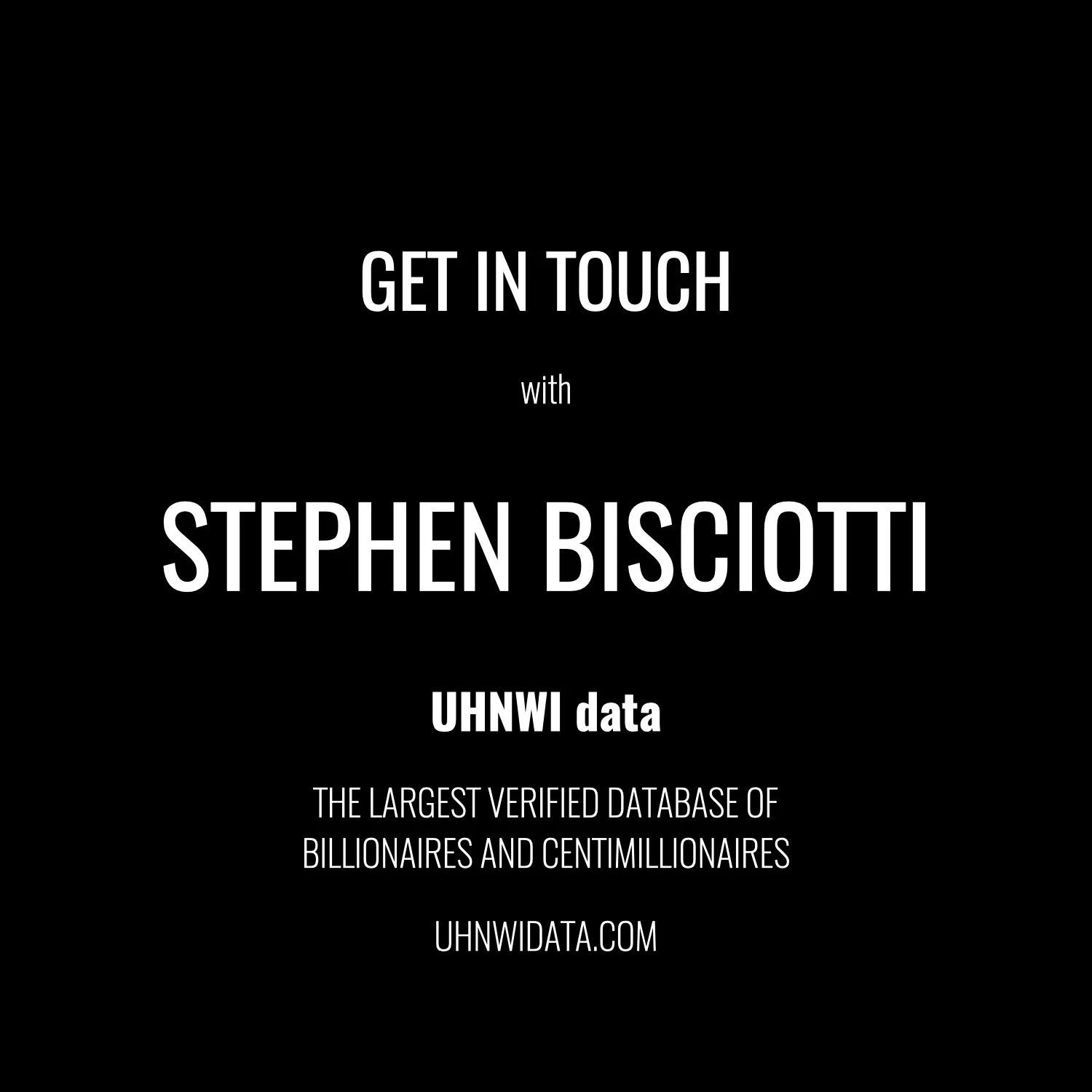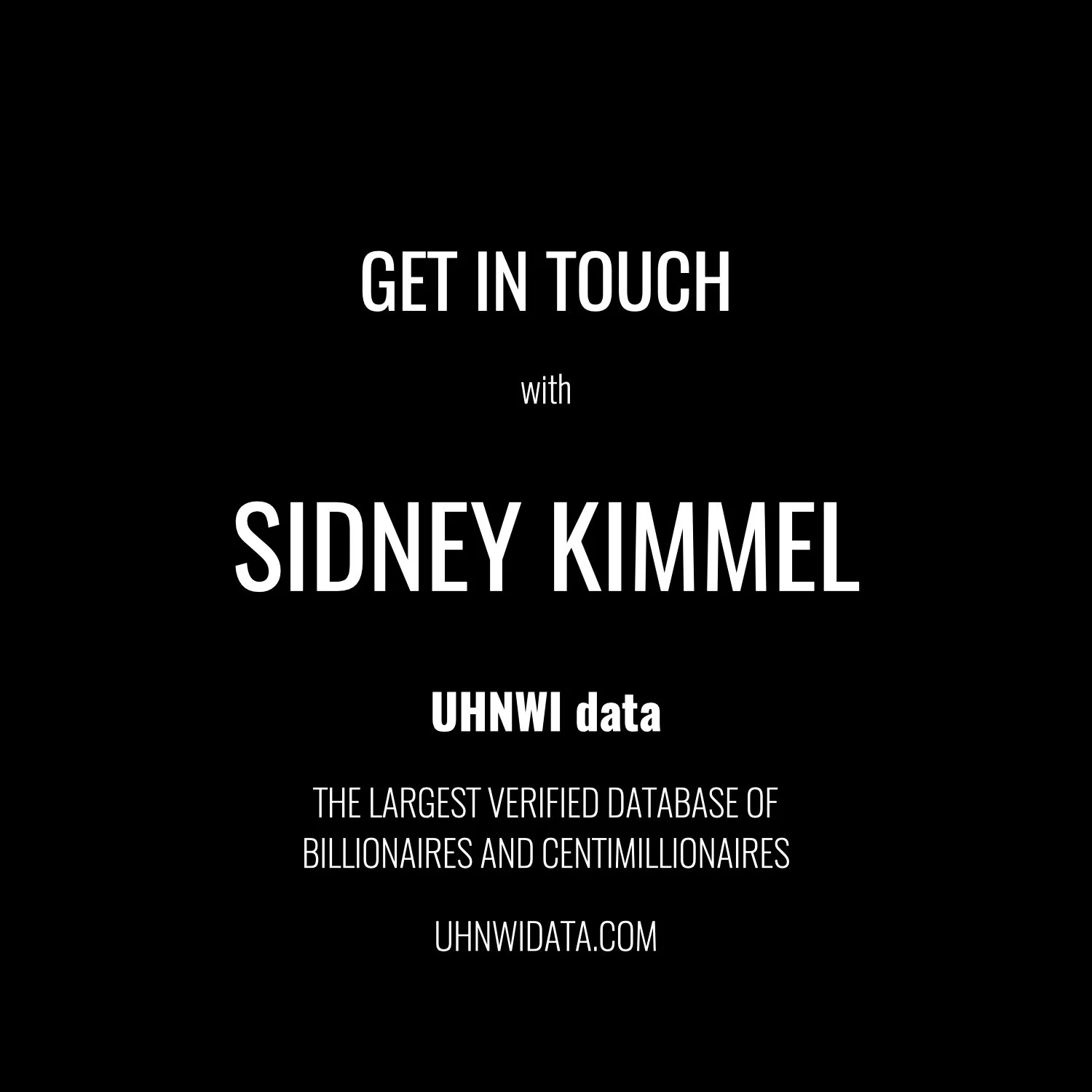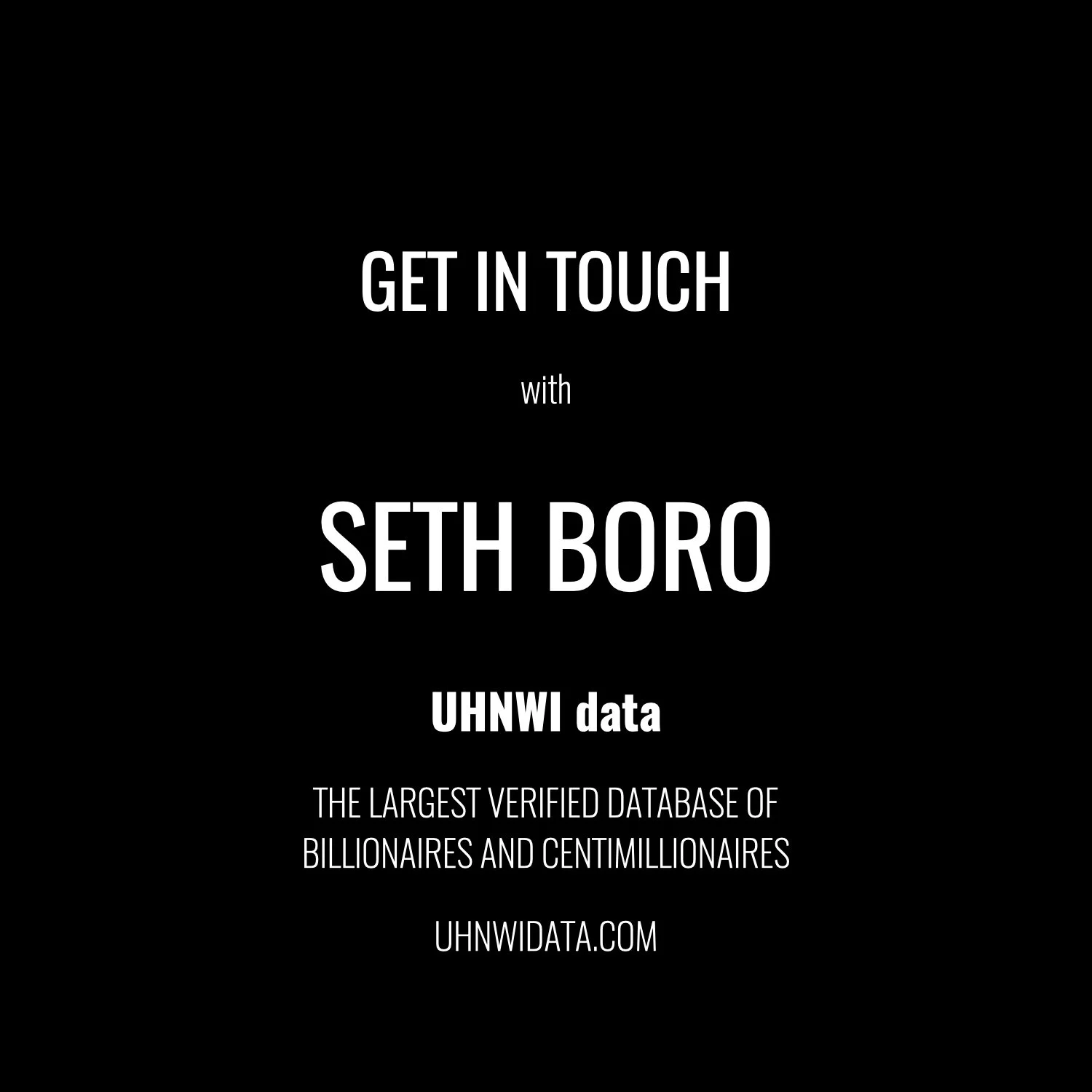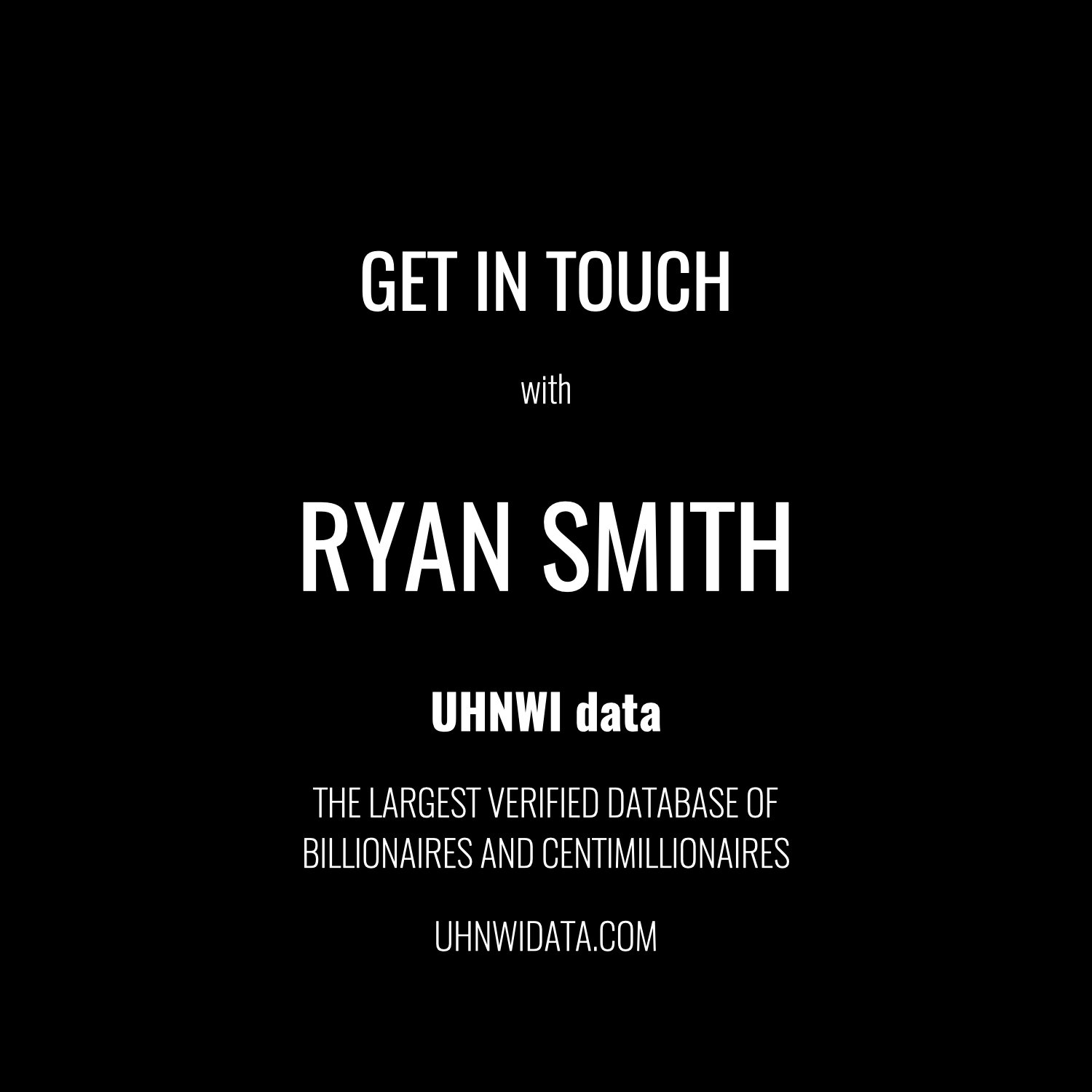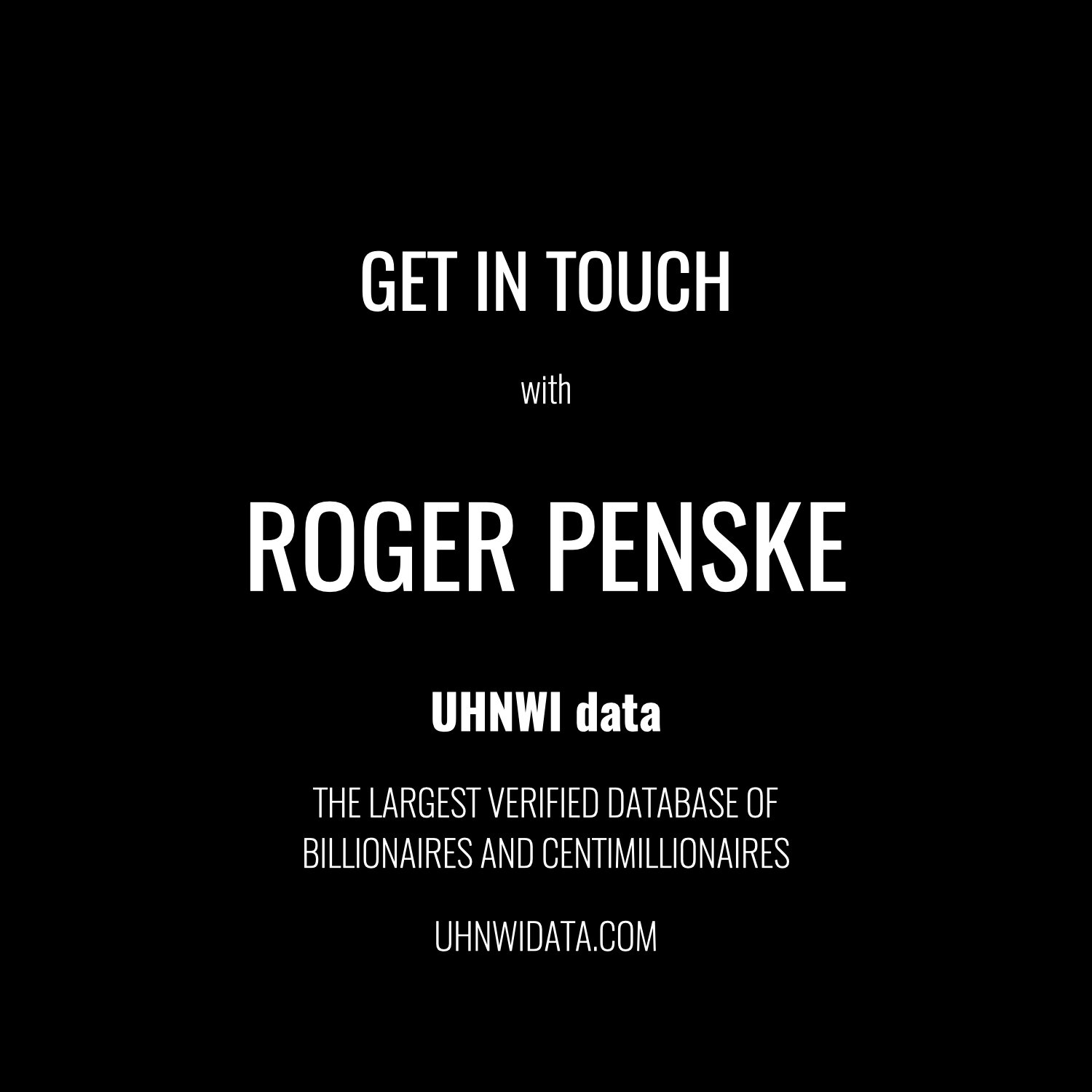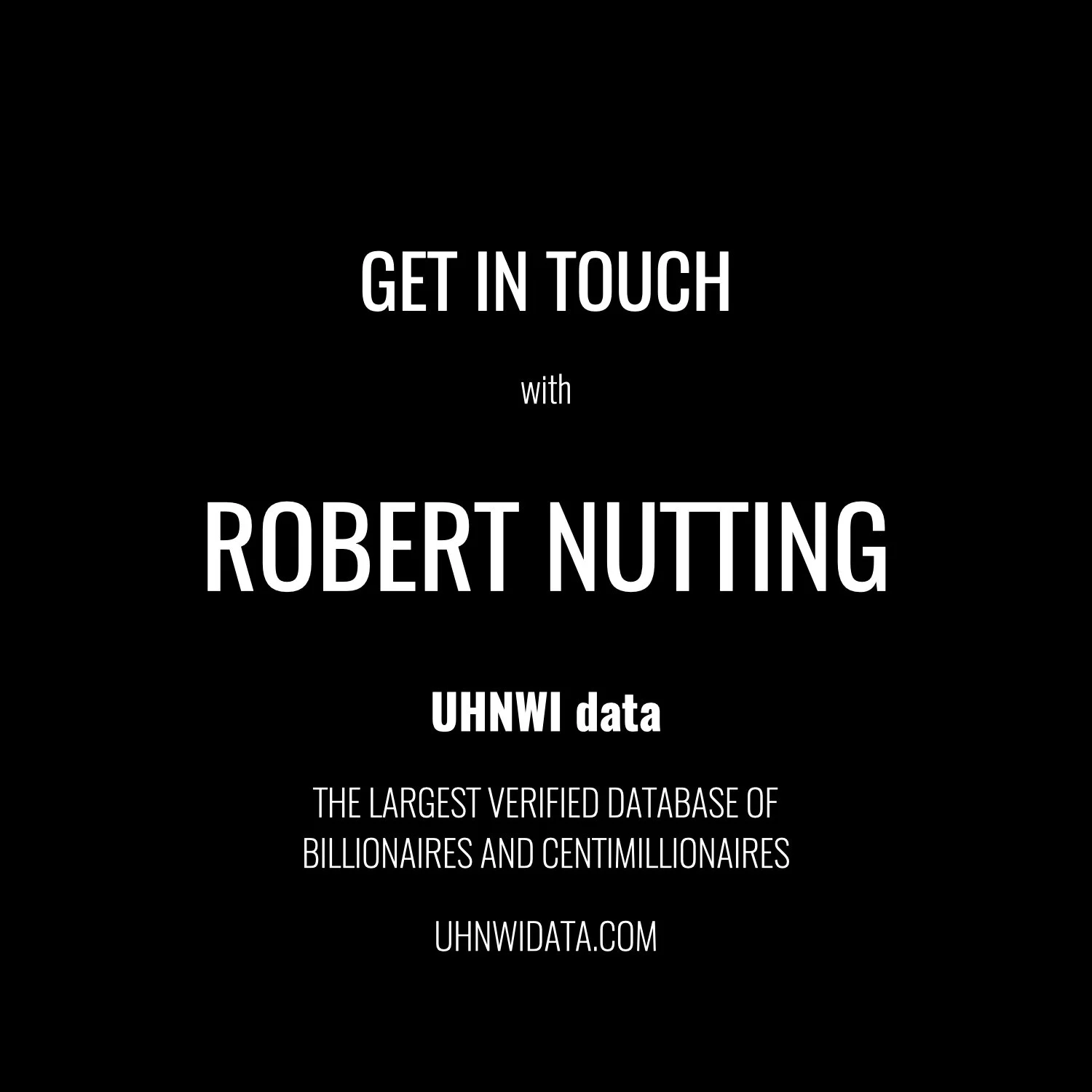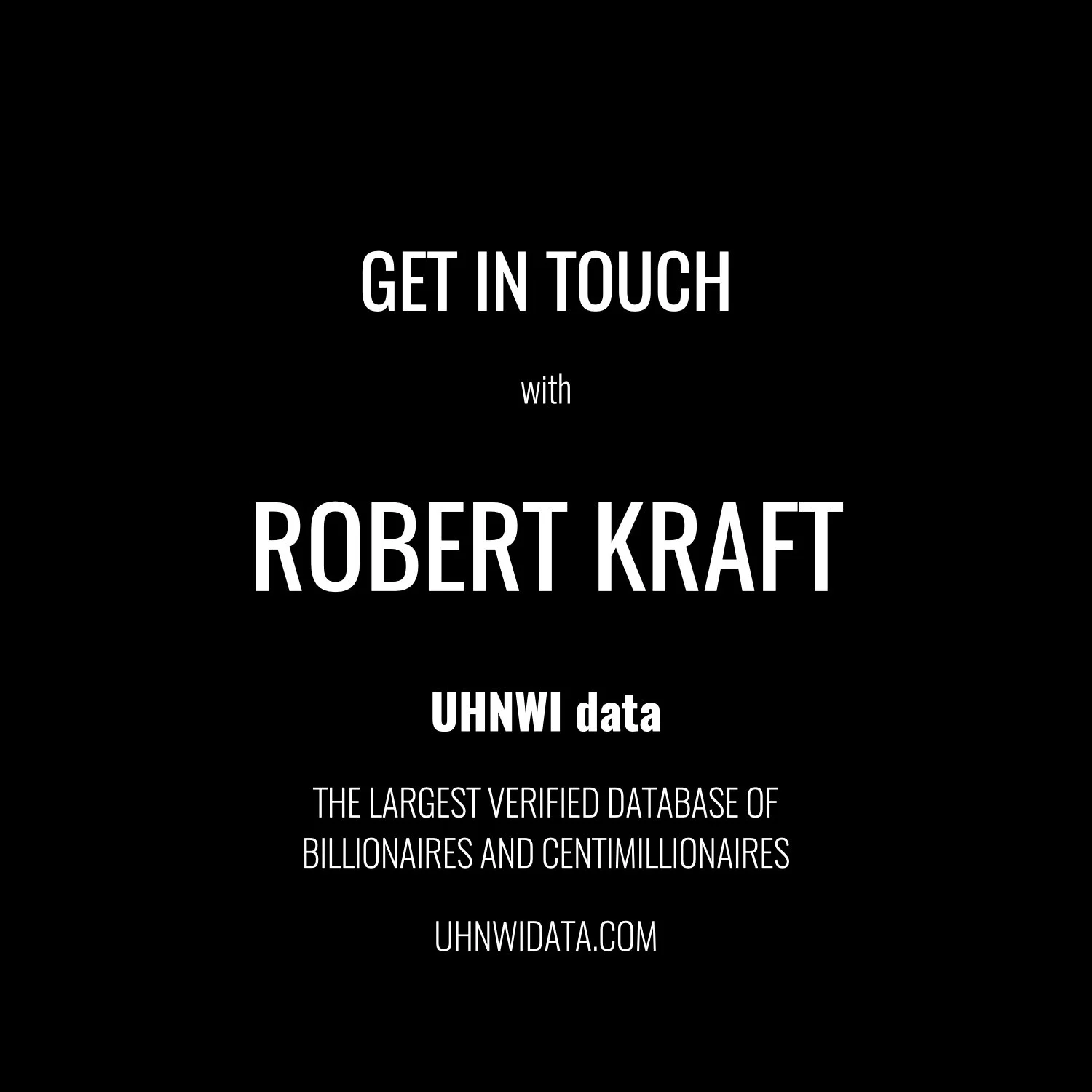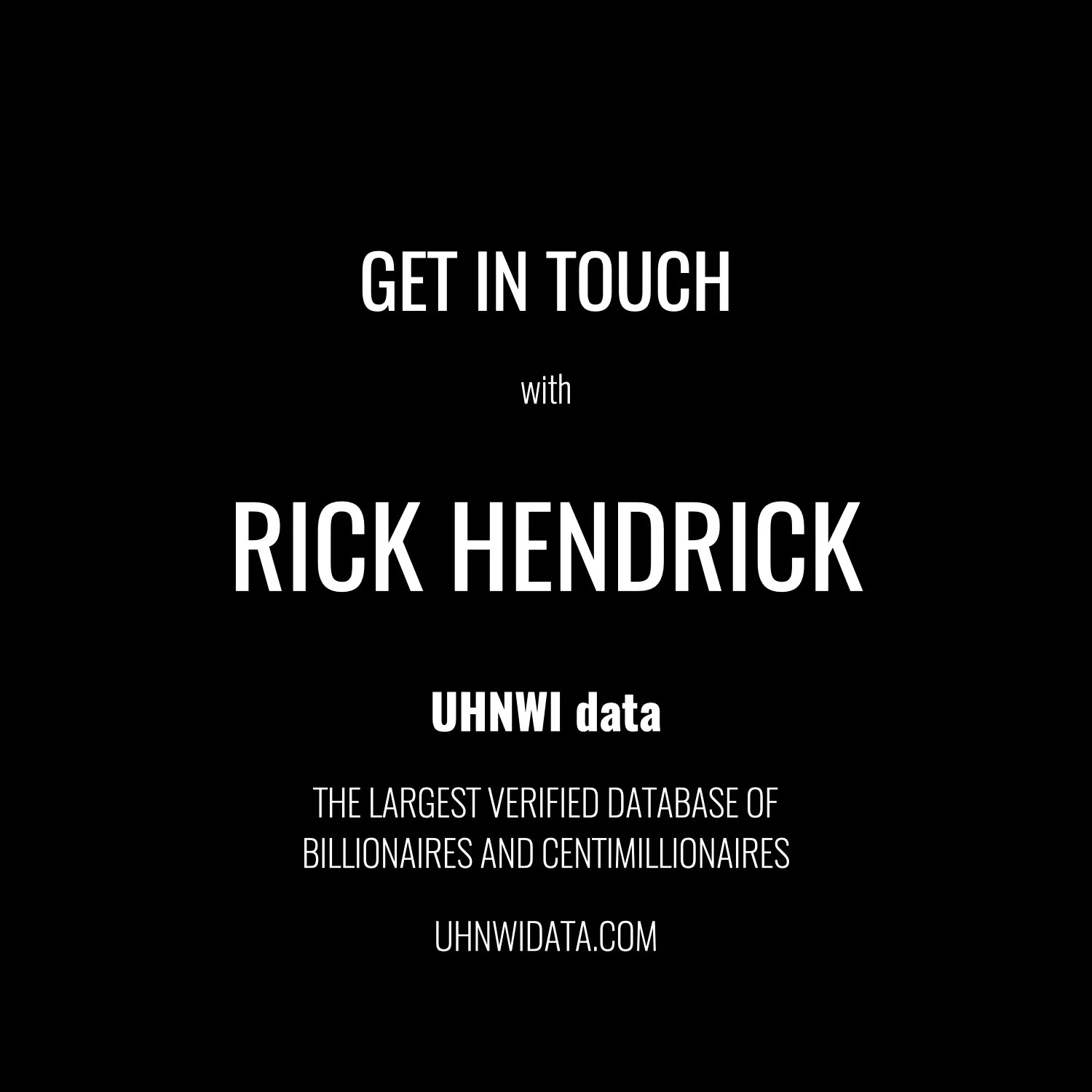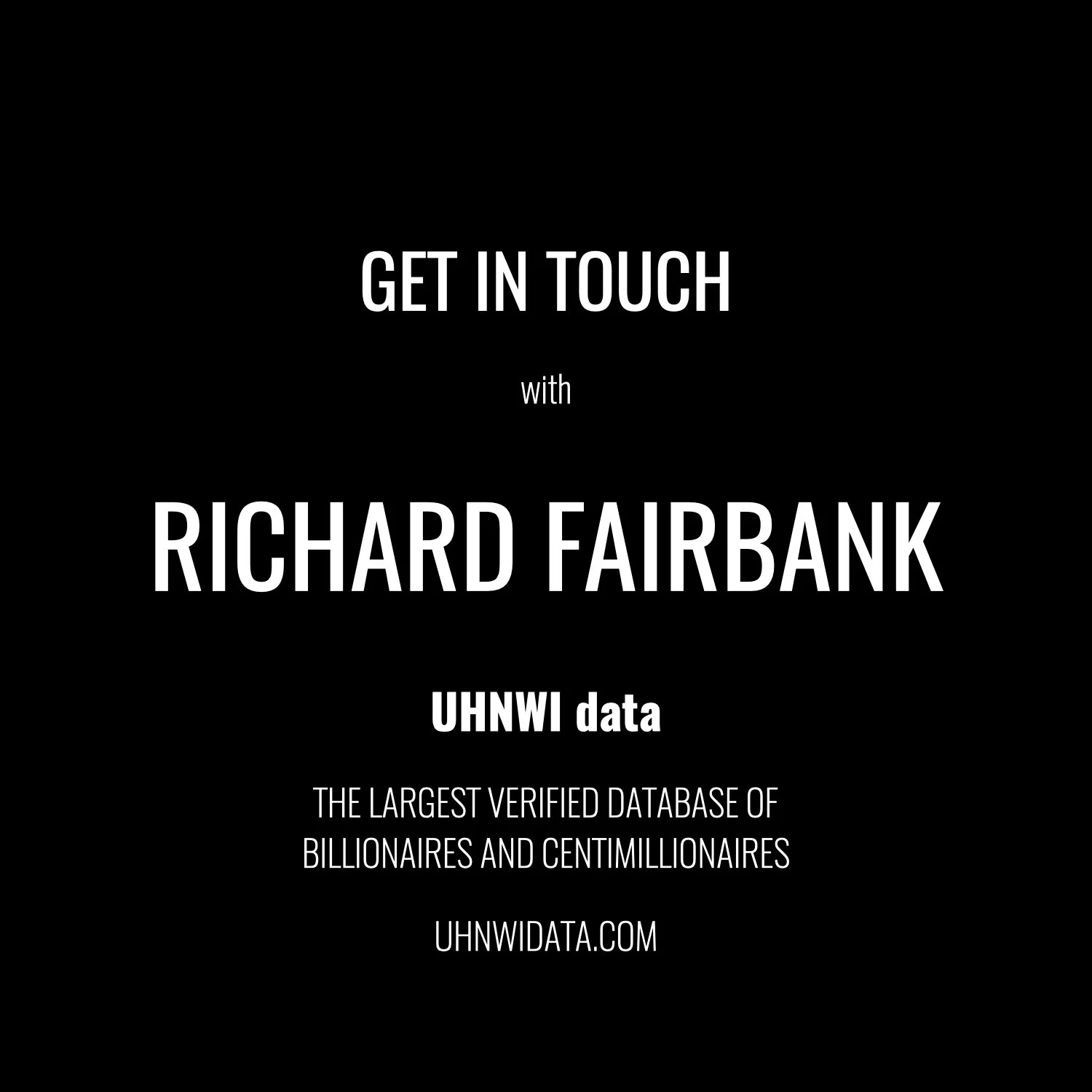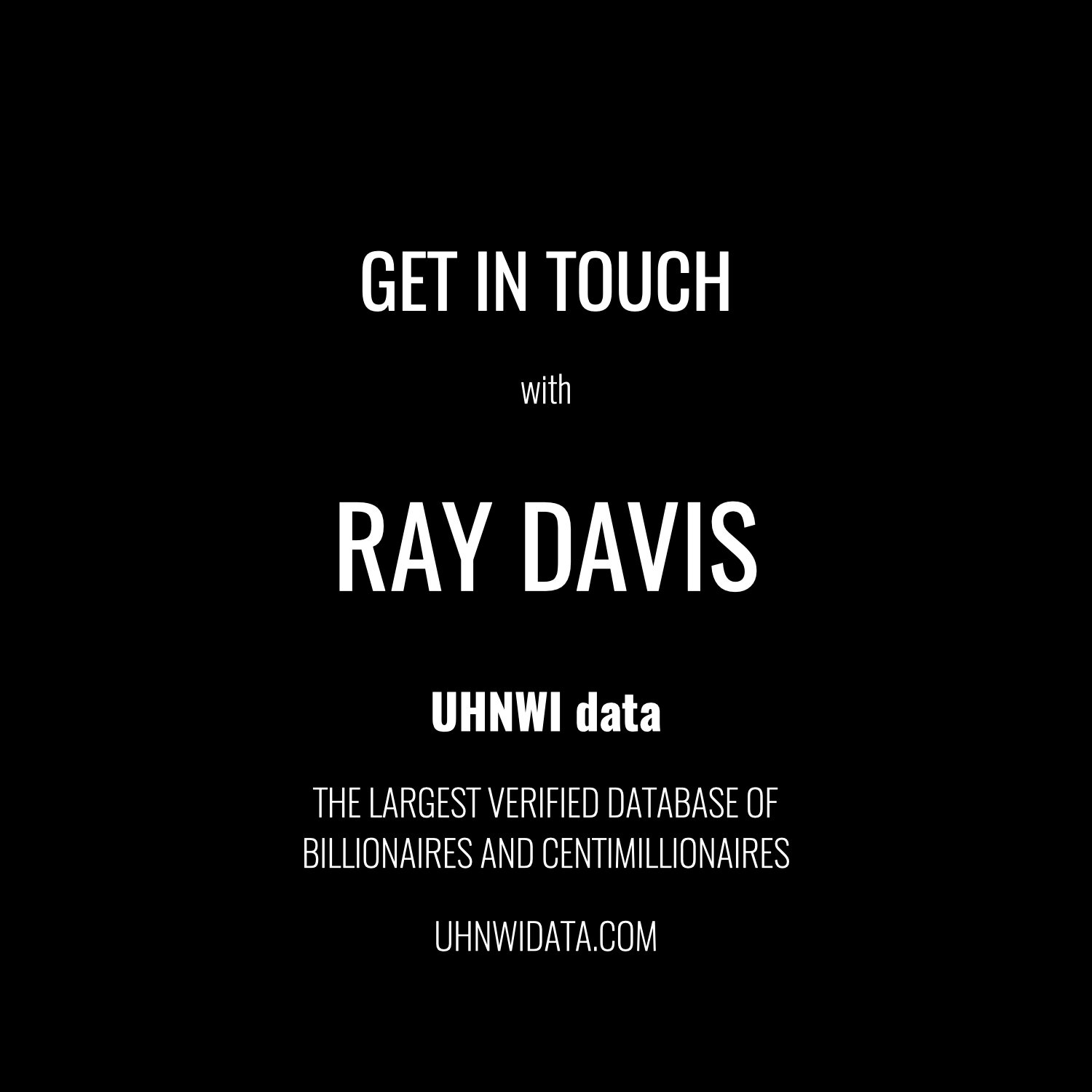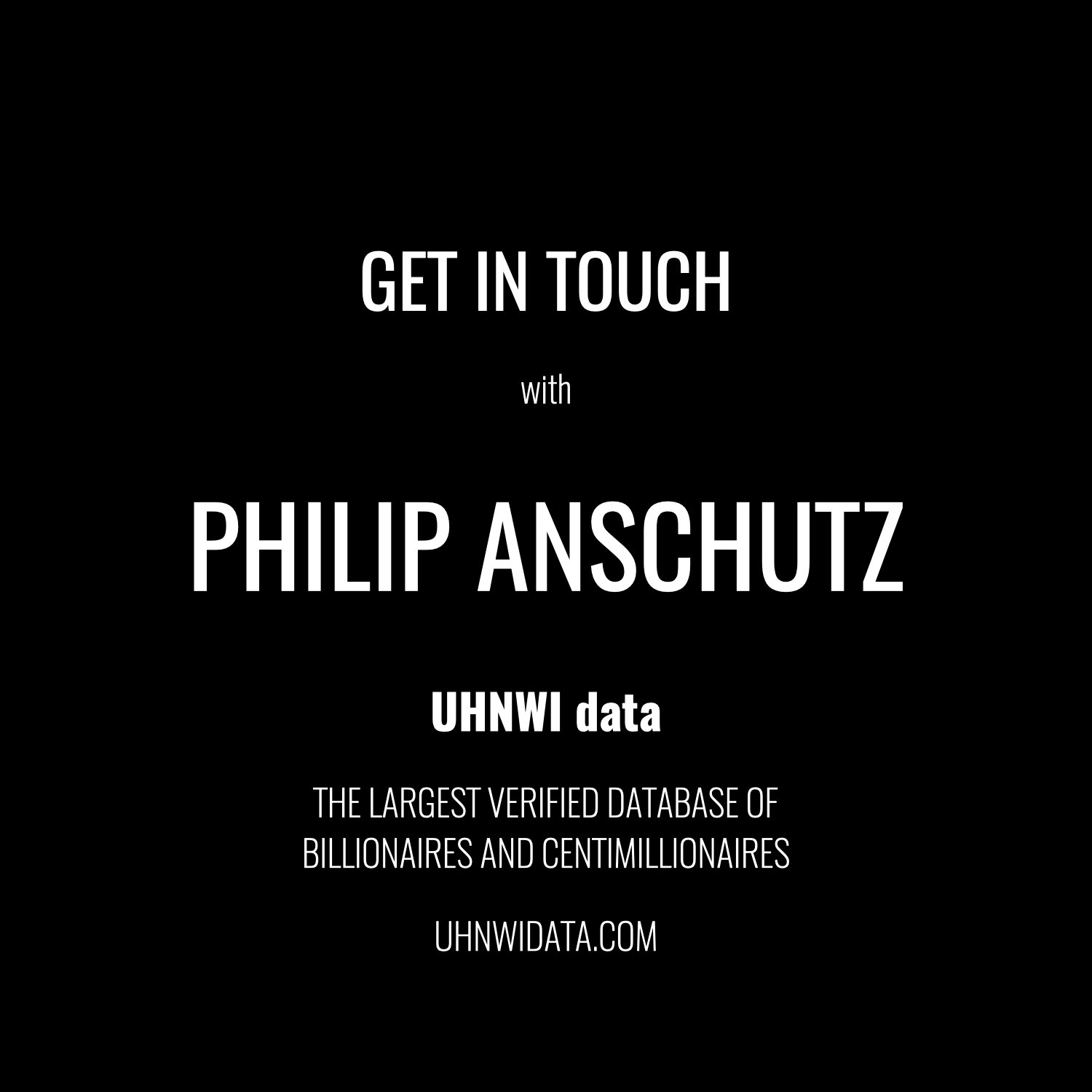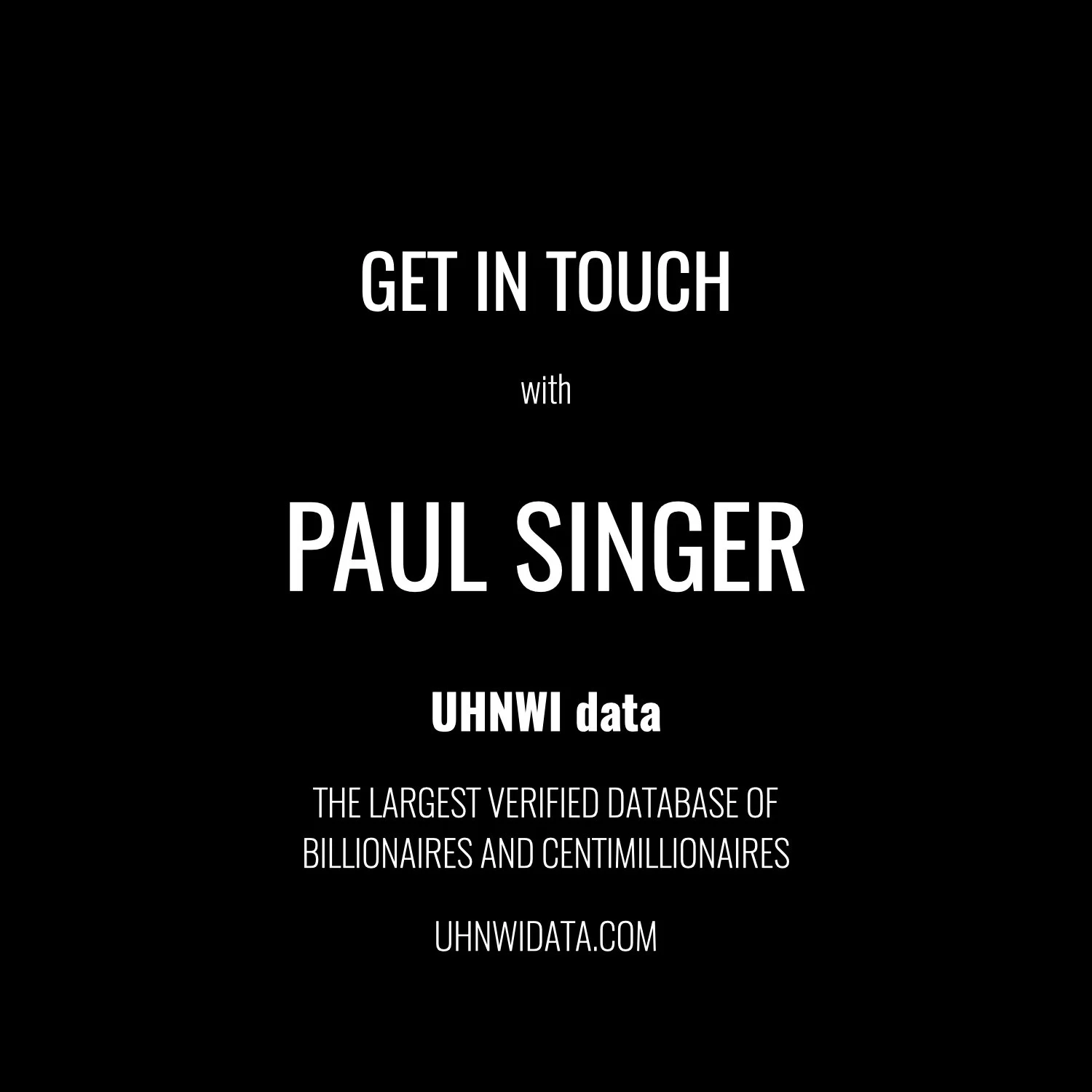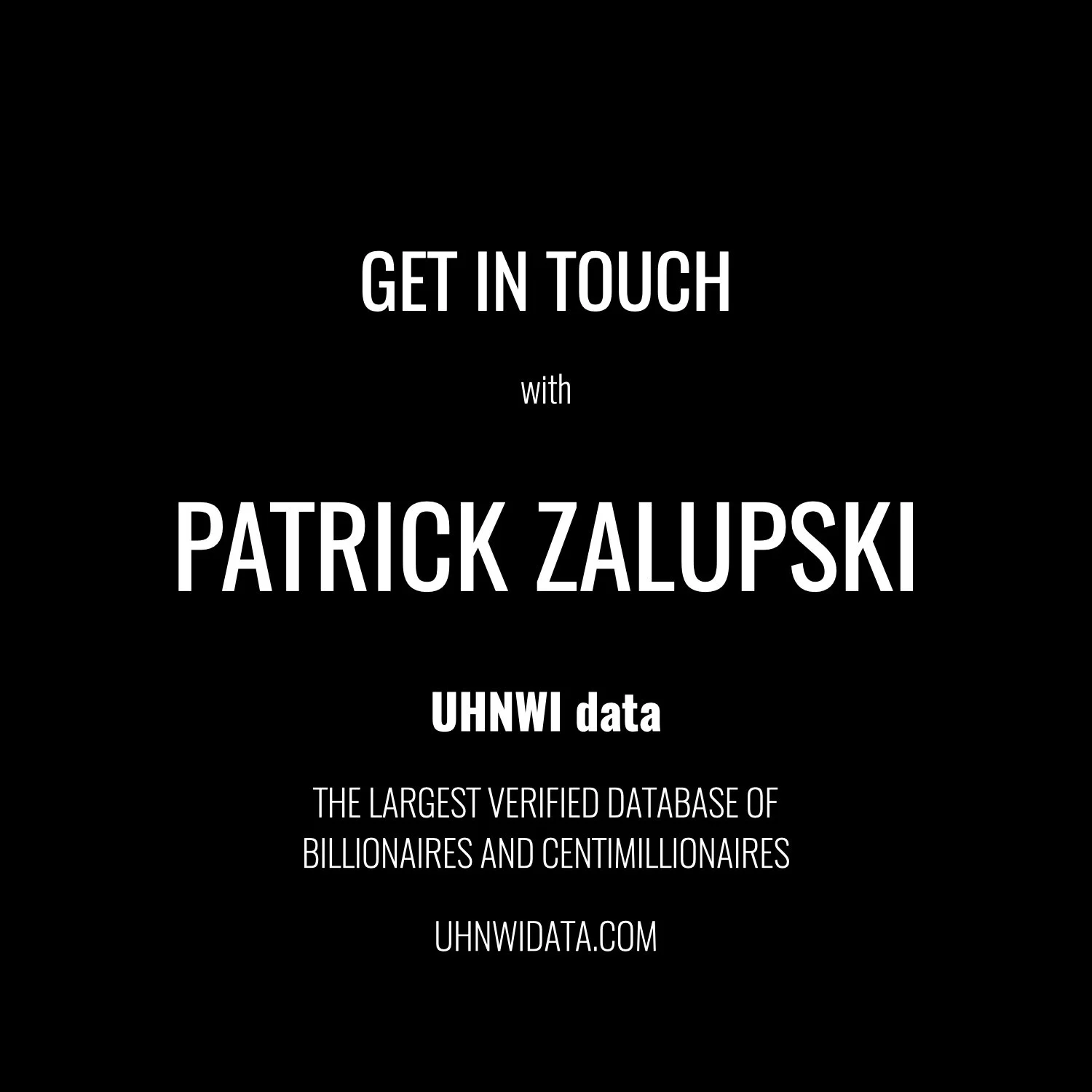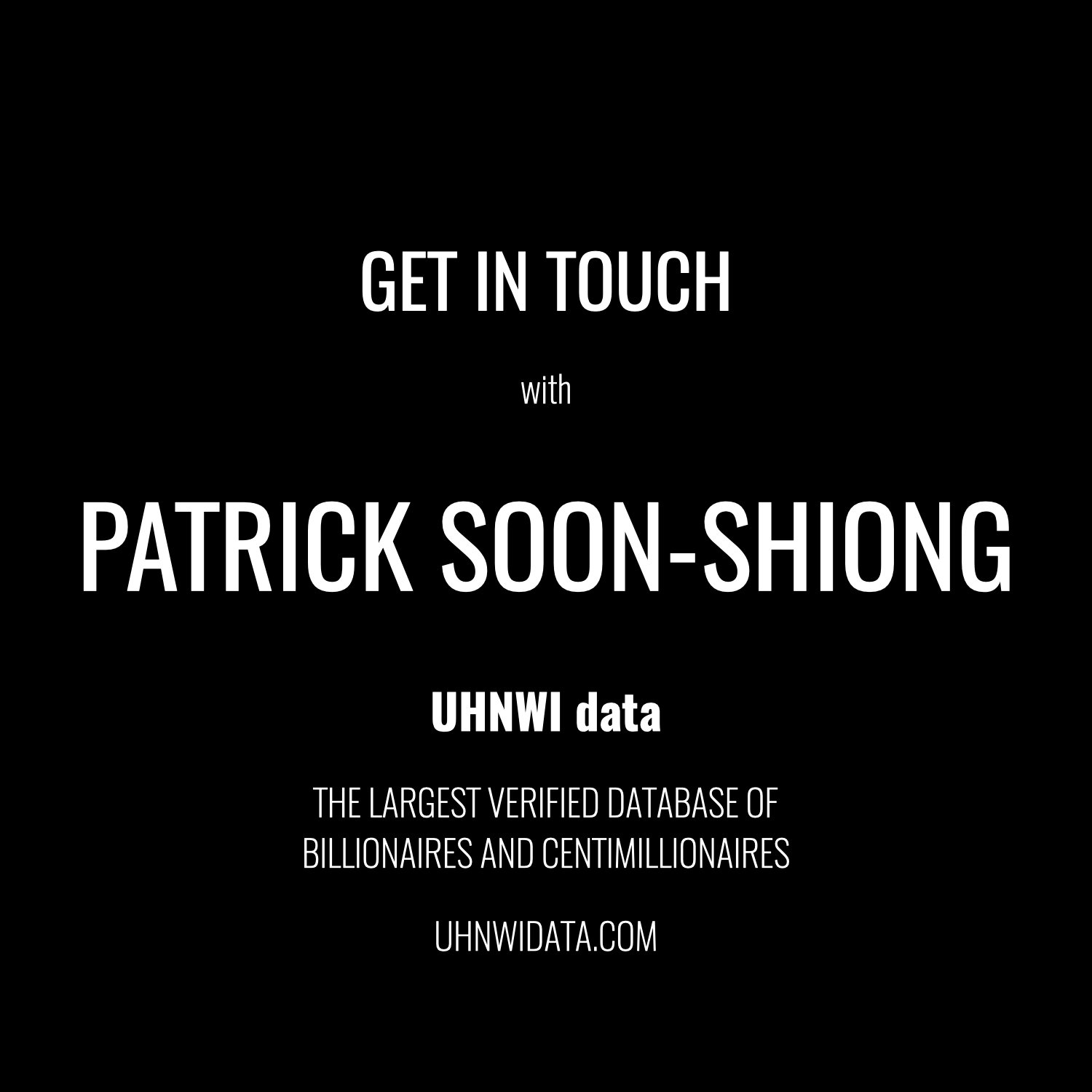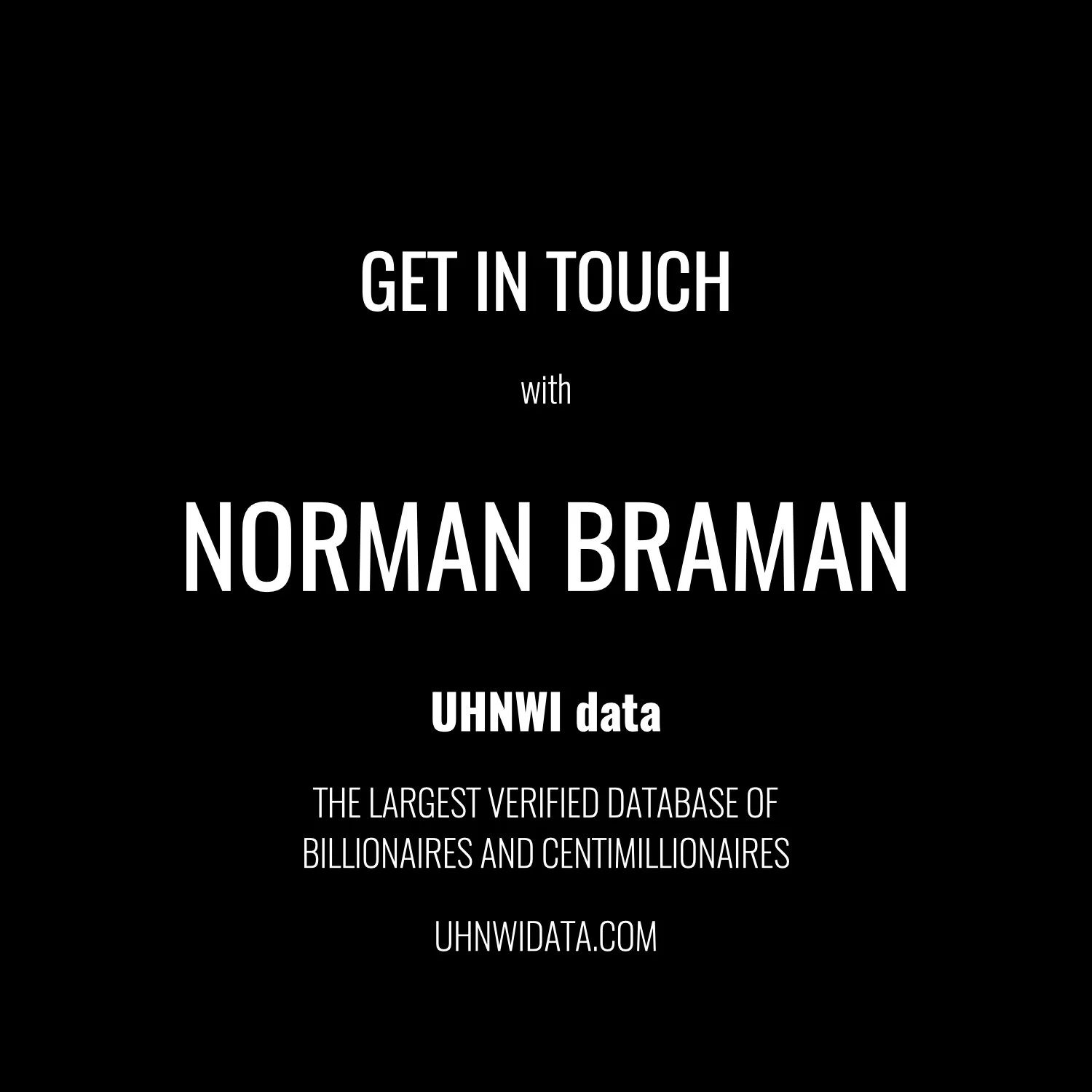John William Henry II is an American businessman and sports executive recognized for his pioneering use of systematic trend-following strategies in commodities and futures trading.[1] He founded John W. Henry & Company in 1981, developing innovative investment programs that gained widespread acclaim and partnerships with major financial institutions.[1] As principal owner of Fenway Sports Group, established in 2001, Henry oversees ownership of the Boston Red Sox Major League Baseball franchise, Liverpool Football Club in the English Premier League, the Pittsburgh Penguins National Hockey League team, and other sports-related ventures.[2]
Henry's application of data-driven quantitative analysis extended from finance to sports management, contributing to the Boston Red Sox's reversal of an 86-year championship drought with World Series victories in 2004, 2007, 2013, and 2018.[1] Under Fenway Sports Group's stewardship of Liverpool F.C. since 2010, the club achieved the UEFA Champions League title in 2019 and the Premier League championship in 2020, marking significant on-field successes amid ongoing debates over ownership's financial strategies and fan relations.[2] His career reflects a consistent emphasis on statistical trends and risk management, earning induction into the Futures Industry Association Hall of Fame in 2005.[1]
Early Life and Education
Childhood and Family Influences
John William Henry II was born on September 13, 1949, in Quincy, Illinois, to parents John William Henry Sr. and Lois Henry, who operated a soybean farming business.[3][4] The family's agricultural operations exposed Henry to commodity markets from an early age, as soybean production involved monitoring prices, weather patterns, and supply chains, which later informed his trading career. His childhood was divided between Illinois and Arkansas, where the family maintained farms, fostering a practical understanding of rural economics and risk management inherent in farming.[5]
At age 15, Henry developed severe asthma, prompting the family to relocate to California for better air quality and medical care during his high school years.[5] This move marked a transition from the Midwest's agrarian life to a more urban environment, though the foundational influences of his parents' soybean enterprise persisted; rather than inheriting the family business, Henry pursued independent ventures in commodities trading, applying lessons from farm volatility to financial markets. The Henry family's emphasis on self-reliance and economic pragmatism, rooted in multi-state farming challenges, shaped his early worldview, prioritizing data-driven decisions over traditional paths.[5]
Academic Background and Early Interests
Henry attended multiple colleges in California after high school, including Victor Valley College, the University of California at Riverside, the University of California at Irvine, and the University of California at Los Angeles, where he studied philosophy but did not complete a degree at any institution.[6][7]
His early professional experiences on his family's farms in Illinois and California cultivated an interest in commodities markets, particularly the mechanics of price risk management. In his mid-20s, during the mid-1970s, Henry initiated futures trading in corn, soybeans, and wheat to hedge against fluctuations for the family operations, marking his entry into systematic speculation.[8][6][9]
This hands-on exposure fostered a focus on quantitative methods and trend-following principles, diverging from his academic pursuits in philosophy toward data-driven market analysis, which he later formalized in proprietary trading systems.[6][9]
Financial Career
Entry into Commodities Trading
John W. Henry entered commodities trading in his mid-20s through his family's farming operations in Illinois, initially focusing on futures contracts for soybeans, corn, and wheat to hedge price risks associated with inventory holdings.[6][1] Born in 1949 to a family involved in agriculture, Henry had joined the business after dropping out of college in the early 1970s, where he had studied philosophy but developed an interest in quantitative approaches to markets.[10] This practical involvement exposed him to the volatility of agricultural commodity prices, prompting him to experiment with futures trading as a means of risk management rather than pursuing traditional farming expansion.[11]
By around 1974, at age 25, Henry began speculating beyond mere hedging, investing family capital in soybean futures and demonstrating early aptitude for trend-following patterns in price movements.[11][12] His approach emphasized systematic analysis over discretionary judgment, drawing from observations of market inefficiencies in commodities like corn and wheat, which he traded to capitalize on momentum rather than fundamental crop predictions.[5] This period marked his transition from familial risk mitigation to independent speculation, yielding initial profits that validated his quantitative methods amid the era's volatile energy and agricultural markets influenced by events like the 1973 oil crisis.[13]
Henry's entry reflected a self-taught fascination with probabilistic trading edges, honed through direct exposure to physical commodities storage and transport logistics, which informed his later formalized strategies.[1] Unlike contemporaneous traders reliant on insider agricultural knowledge, his focus on price trends decoupled from production fundamentals allowed scalability, setting the foundation for professional advisory work by the late 1970s.[14]
Founding of John W. Henry & Company
John W. Henry established John W. Henry & Company in 1981 as a commodity trading advisor firm focused on managed futures and systematic trading strategies.[1] [6] The inception followed Henry's development of proprietary trend-following models during his prior experience in commodities trading, which emphasized capturing intermediate- and long-term market movements through diversified portfolios across futures contracts.[15] Initially operating on a modest scale, the firm began by managing external client accounts using these quantitative approaches, distinguishing itself from discretionary trading prevalent at the time by relying on rule-based, data-driven signals rather than subjective judgment.[1]
The company's early structure centered in Boca Raton, Florida, though initial operations drew from Henry's West Coast trading background, enabling rapid scaling through performance-driven client inflows.[16] By prioritizing empirical backtesting and risk diversification—allocating across uncorrelated asset classes like currencies, energies, grains, and metals—JWH achieved early recognition for innovation in alternative investments, amassing assets under management that reflected the efficacy of its mechanical systems amid volatile 1980s markets.[6] This foundational philosophy, rooted in Henry's conviction that markets exhibit persistent trends exploitable via algorithms, positioned the firm as a pioneer in what would evolve into the managed futures industry, with audited track records underscoring returns independent of traditional equity benchmarks.[1]
Trading Strategies, Performance, and Philosophy
John W. Henry's firm, John W. Henry & Company, founded in 1982, specialized in systematic, mechanical trend-following strategies across diversified futures markets, including commodities, currencies, bonds, and stock indices.[10] [17] [18] These approaches relied on predefined rules to detect and exploit price momentum, prioritizing historical price data over fundamental analysis or discretionary judgment.[13] [14] Broad diversification mitigated risk, enabling the capture of trends in uncorrelated asset classes while avoiding concentrated bets.[18]
The strategies delivered strong performance in periods of market volatility, with the flagship fund posting a 252.42% return in 1987, including 105% in the final three months amid the stock market crash.[10] Returns were generally uncorrelated with equities and bonds, providing diversification benefits, though the firm faced drawdowns and ceased its core trend-following programs in 2012 after institutional outflows and evolving market conditions.[15] [19] At its peak, the firm managed billions in assets, underscoring the viability of systematic futures trading for long-term capital growth despite intermittent underperformance.[20]
Henry's investment philosophy centered on the view that market prices encapsulate all relevant information, rendering fundamental predictions unreliable and advocating mechanical systems to enforce discipline over human bias.[14] He distinguished mechanical trading—rule-based and replicable—from discretionary methods, arguing the former sustains edge through consistency and risk control.[21] Key tenets included minimizing downside in each trade, embracing probabilistic outcomes, and adhering to empirical data, encapsulated in his principle that decisions should align with observable trends rather than speculative narratives.[11] [22] This data-centric realism extended to viewing noise as deception and numbers as truth, informing adaptations amid regime shifts.[23]
Challenges, Adaptations, and Firm's Evolution
Throughout the 2000s, John W. Henry & Company encountered significant performance challenges, particularly in 2007, when volatile markets and the unwinding of carry trades led to substantial losses across its trend-following portfolios. The firm's Financial and Metals portfolio declined 11.7 percent in July 2007 alone, amid a broader environment of "trendless markets" that undermined its systematic strategies reliant on identifying and exploiting price momentum in commodities, currencies, and other futures.[24][25] These setbacks prompted investor redemptions, shrinking assets under management from over $2 billion to approximately $150 million within about 1.5 years, as clients withdrew funds following negative returns.[13][26]
To adapt, the firm refined its quantitative, mechanical trading approach, emphasizing diversification across dozens of global markets—including commodities, bonds, and stock indices—and incorporating stricter risk controls to mitigate drawdowns in non-trending conditions. Henry, drawing from early career setbacks, evolved the strategy from discretionary speculation to rule-based systems that prioritized empirical price data over subjective forecasts, enabling recovery periods such as gains in prior quarters before 2007 reversals.[22][10] Despite these adjustments, persistent outflows and a shift in Henry's focus toward sports ownership reduced the firm's viability for external capital management.
By 2012, the firm's evolution culminated in its decision to cease managing client assets effective December 31, returning the remaining under $100 million to investors, as sustained asset decline rendered operations unsustainable. Once peaking at $2.5 billion in assets during the 1990s, John W. Henry & Company transitioned away from hedge fund activities, with Henry citing the business's diminished scale since 2007 as a key factor, while affirming no impact on his sports holdings.[27][28][26] This closure marked the end of its role as a major trend-following entity, reflecting broader industry pressures on specialized managed futures firms amid changing market dynamics and investor preferences.[29]
Sports Investments
Acquisition of the Boston Red Sox
 expanded its operations beyond baseball. In March 2004, it established Fenway Sports Management to oversee marketing, sponsorships, and brand rights.[37] This move marked the beginning of diversification into sports management services.
In February 2007, NESV purchased a 50% stake in NASCAR's Roush Racing, later rebranded as RFK Racing, signaling entry into motorsports.[37] Expansion accelerated internationally with the October 2010 acquisition of Liverpool F.C. for £300 million, which introduced soccer to the portfolio and prompted a corporate rebranding.[38] In March 2011, NESV officially changed its name to Fenway Sports Group to better encompass its growing global footprint in sports, entertainment, and real estate.[39]
Under John W. Henry's principal ownership, FSG continued to broaden its holdings. In April 2011, Fenway Sports Management acquired 50% of LeBron James's marketing and brand rights through LRMR.[37] By December 2013, the group reported surpassing $1 billion in global consolidated revenue.[37] Real estate initiatives began in March 2005 with the purchase of parcels adjacent to Fenway Park, establishing FSG Real Estate.[37]
Further growth included a March 2021 investment from RedBird Capital Partners, alongside LeBron James and Maverick Carter joining the ownership structure.[37] In November 2021, FSG secured a controlling interest in the NHL's Pittsburgh Penguins in a transaction valuing the franchise at approximately $900 million, with original owners Mario Lemieux and Ron Burkle retaining minority stakes.[40][41] These moves solidified FSG's position as a multifaceted sports investment firm, emphasizing data-driven management and infrastructure development across multiple leagues.[42]
Ownership of Liverpool F.C.
Fenway Sports Group (FSG), with John W. Henry as principal owner, acquired Liverpool F.C. on October 15, 2010, for £300 million through its then-named New England Sports Ventures entity, rescuing the club from the threat of administration amid heavy debts accrued under previous owners Tom Hicks and George Gillett.[43] [38] [44] The purchase included assumption of approximately £200 million in liabilities, reflecting a distressed sale after prolonged legal battles and fan protests against the prior regime's leveraged buyout.[43] [38]
Henry, holding an estimated 40% stake in FSG, has served as the group's driving force in Liverpool's stewardship, alongside co-owners Tom Werner and Michael Gordon, with minority investments later added from entities like RedBird Capital Partners in 2021 and Dynasty Equity in 2023, the latter providing a cash influx Henry specified would prioritize infrastructure over player acquisitions.[2] [45] [46] FSG maintains full operational control, applying Henry's quantitative trading background to sports management by emphasizing self-sustaining revenue models and avoiding over-leveraging.[47] [38]
Under FSG's ownership, Liverpool adopted a data-centric approach to player recruitment and club operations, mirroring Henry's "Moneyball" success with the Boston Red Sox, while committing over $268 million to Anfield Stadium expansions, including the Main Stand (completed 2016, adding 8,500 seats) and Anfield Road Stand (completed 2023, boosting capacity to 61,000).[38] [48] [49] Transfer spending has been disciplined, with Henry publicly vowing in 2023 to invest "wisely" without exceeding financial means, resulting in net expenditures that prioritized high-value signings over volume buys.[50] [38]
The ownership has driven substantial value appreciation, elevating Liverpool's enterprise valuation from the £300 million purchase price to over £5 billion by 2025, fueled by commercial growth, matchday revenues from stadium upgrades, and global branding, though Henry has reiterated a long-term commitment absent any sale indications.[51] [52] [38]
Other Sports Ventures and Diversifications
In 2021, Fenway Sports Group acquired a controlling interest in the Pittsburgh Penguins of the National Hockey League, with the agreement announced on November 29 and unanimously approved by the NHL Board of Governors on December 9.[53][54] The purchase transferred primary ownership from previous co-owners Mario Lemieux and Ron Burkle, who had held the team since 1999 and oversaw three Stanley Cup championships, though Lemieux retained a minority stake.[53] This marked FSG's entry into professional hockey, expanding its portfolio beyond baseball and soccer while leveraging synergies in sports management and fan engagement.[55]
FSG holds a significant stake of just under 50% in RFK Racing, a NASCAR Cup Series team based in Concord, North Carolina, with John W. Henry serving as a director.[4] Originally formed as Roush Fenway Racing in 2006 through a partnership between Jack Roush and FSG, the team rebranded to RFK in 2022 following driver Brad Keselowski's acquisition of a 28% ownership interest and operational control.[4] Under this structure, RFK fields multiple cars in NASCAR's premier series, emphasizing data-driven performance strategies aligned with Henry's quantitative background.[4]
In golf, FSG owns a controlling interest in Boston Common Golf, a technology-focused team in the TGL league co-founded by Tiger Woods and Rory McIlroy, launched in 2024.[4] The team represents Boston and New England in TGL's simulated, high-tech format combining virtual and live play, reflecting FSG's interest in innovative sports entertainment.[55] Separately, Henry led a strategic investment group in 2023 that committed up to $3 billion to the PGA Tour as part of a framework agreement amid competition from LIV Golf, underscoring his role in stabilizing traditional golf governance.[56]
Beyond team ownership, Henry co-founded iRacing.com in 2004 with partner Dave Kaemmer, independent of FSG, developing a subscription-based online racing simulation platform used by over 100,000 members worldwide for competitive virtual motorsports.[3] This venture applies simulation technology to replicate real-world racing physics, attracting professional drivers for training and esports events.[3]
Media and Additional Business Interests
Acquisition and Management of The Boston Globe
In August 2013, John W. Henry agreed to purchase The Boston Globe, its websites, and affiliated businesses from The New York Times Company for $70 million in cash.[57] [58] The deal, which faced a brief legal challenge from a Worcester Telegram & Gazette employee over pension concerns, was finalized on October 24, 2013, after a court injunction was lifted.[59] This acquisition marked the return of the 141-year-old newspaper to Boston-based ownership, reversing two decades of New York Times stewardship during which circulation had declined amid broader industry print revenue erosion.[60] The $70 million price was approximately 94% below the $1.1 billion the Times had paid for the Globe in 1993.[61] [62]
Henry structured the purchase through his entity, Boston Globe Media Partners, LLC, rather than Fenway Sports Group, though he maintained separate oversight of both portfolios.[63] He assumed the role of publisher shortly after completion, with his wife, Linda Pizzuti Henry, later appointed as CEO to handle operational leadership.[64] [65] Management emphasized digital transformation and niche expansions, including the 2015 launch of STAT News, an independent health, medicine, and life sciences publication funded by Globe Media to address gaps in specialized reporting.[66] Henry cited personal interest in scientific advancement as a motivator, stemming from discussions on unmet needs in biomedical journalism.[66]
Financially, the Globe persisted with operating losses amid advertising downturns and subscription shifts, prompting cost controls such as staff reductions and a pivot to digital paywalls that boosted online subscribers to over 300,000 by the late 2010s.[67] In 2018, Henry publicly rejected sale overtures, underscoring a long-term commitment to sustaining investigative journalism despite unprofitability, and invested in facilities like a new printing plant to enhance efficiency.[67] [68] No major editorial overhauls or ideological shifts were imposed, preserving the paper's regional focus while navigating competitive pressures from national outlets.[59]
Further Investments and Ventures
In March 2005, Fenway Sports Group established FSG Real Estate through the acquisition of the first of six parcels adjacent to Fenway Park, initiating a series of development projects aimed at neighborhood revitalization and urban enhancement in Boston.[37] These efforts have encompassed mixed-use developments, infrastructure improvements, and community-focused initiatives that leverage the group's sports assets to drive economic activity beyond stadium operations.[55]
In December 2021, Henry made an independent investment in Harvard Book Store, an iconic independent bookseller in Cambridge, Massachusetts, separate from his Fenway Sports Group holdings.[69] The funding supported renovations to the store's physical location at 1256 Massachusetts Avenue, enhancements to its e-commerce platform, and measures for long-term operational sustainability, reflecting Henry's interest in preserving cultural institutions amid retail challenges.[70] [71] This capital infusion enabled subsequent expansion plans, including a proposed second location in Boston's Prudential Center announced in July 2022, though the project was ultimately canceled in February 2024 due to economic considerations.[72] [73]
Philanthropy, Politics, and Public Stance
Charitable Contributions and Initiatives
John W. Henry established the John W. Henry Family Foundation in 2004, which primarily supports initiatives in healthcare, arts and culture, education, and community development, with a focus on the Boston area and Massachusetts.[74] The foundation provides invitation-only grants, emphasizing general operating support for preselected organizations, including Massachusetts General Hospital for mind-body medicine research, the ALS Association Massachusetts Chapter, the Breast Cancer Research Foundation, the American Repertory Theater, Boston Public Library, Fessenden School, Northeastern University, MIT, Boston Health Care for the Homeless Program, and Boys & Girls Club of Boston.[74] Grants typically range from $1,000 to $50,000, though some reach six figures, with over $1.2 million awarded in 2023 to 24 organizations such as the Women's Foundation of Boston ($100,000) and Boca Raton Regional Hospital Foundation.[75]
Following the 2002 acquisition of the Boston Red Sox, Henry, along with co-owners Tom Werner and the late Larry Lucchino, founded the Red Sox Foundation to address community needs in education, youth development, health, and military support.[76] Key programs include the Red Sox Scholars initiative, which awards $10,000 scholarships and mentorship to 12 Boston seventh-graders annually; Nike RBI and Jr. RBI leagues serving over 2,000 youth aged 5-18 with baseball and softball access; the Home Base Program aiding more than 35,000 veterans and families; and partnership with the Jimmy Fund, which has raised over $167 million for cancer research at Dana-Farber Cancer Institute.[76] The foundation has donated to over 2,000 nonprofits since inception and received the Allan H. Selig Award for community service twice (2010 and 2019).[76]
Through Fenway Sports Group, Henry's ownership entity, over $120 million has been invested in charitable works across greater New England over two decades, encompassing the Red Sox Foundation's efforts and broader community programs tied to sports facilities and events.[77] These contributions prioritize local impact, including youth sports participation, health services, and veteran support, aligning with Henry's commitment to leveraging sports assets for social benefit.[76][77]
Political Donations and Affiliations
John W. Henry has made political contributions primarily through entities associated with his business interests, including John W. Henry & Company and Fenway Sports Group (FSG), with a consistent pattern of favoring Democratic recipients. Donations from individuals affiliated with John W. Henry & Company, tracked as individual contributions to federal candidates and parties, totaled over $1.1 million from 1992 to 2004, with nearly all funds directed to Democrats; for instance, in 2004, $64,500 went entirely to Democratic causes, while earlier cycles like 1998 saw $435,500 exclusively to Democrats.[78]
FSG, Henry's principal ownership vehicle for sports investments, has continued this trend in more recent election cycles, with contributions overwhelmingly supporting Democrats. In the 2020 cycle, FSG-affiliated donations reached $364,887, of which 98.9% ($249,344) went to Democrats and only 1.1% ($2,764) to Republicans.[79] Similarly, in 2022, totals of $110,941 were 98.7% Democratic ($73,986), and in 2024, $38,632 donations were 97.5% to Democrats ($20,417).[79] While Henry himself reported no direct federal contributions in the 2020 cycle, FSG executives such as chairman Tom Werner donated approximately $130,000 to Democratic entities, including $75,000 to the super PAC Unite the Country and $2,800 to Joe Biden's campaign.[80]
These patterns reflect a broader skew among Boston sports owners toward Democratic support, though minority FSG stakeholders have occasionally backed Republicans; for example, partner John Kaneb contributed nearly $672,000 to Republican causes in 2020.[80] Henry has not publicly declared formal political affiliations or party membership, and his donations appear driven by individual and organizational giving rather than ideological endorsements in public statements.[81]
Key Public Statements and Engagements
John W. Henry, principal owner of Fenway Sports Group (FSG), has historically avoided frequent public commentary, preferring to communicate through official channels or rare interviews tied to major developments in his sports franchises. His statements often emphasize data-driven decision-making, long-term sustainability, and accountability following missteps, reflecting his background in quantitative trading.
In the wake of Liverpool FC's initial participation in the proposed European Super League in April 2021, Henry issued a personal video apology to supporters on April 21, addressing the widespread backlash that led to the project's collapse within 48 hours. He acknowledged the error in judgment, stating, "I can honestly say that when the invitation to join this came we made the decision we thought was in the best interest of Liverpool Football Club," but stressed that the decision was not driven by short-term financial gain and committed to reinvesting profits into the club. Henry extended apologies to manager Jürgen Klopp, sporting director Billy Hogan, players, and staff, promising greater consultation with fans moving forward.[82][83]
Following Liverpool's 30-year wait-ending Premier League title in the 2019–20 season, Henry granted an exclusive interview to the club's official channels on August 3, 2020, describing the achievement as "something extraordinary to be part of" and crediting the collective efforts of ownership, management, and fans for transforming the club into European, world, and domestic champions. He highlighted FSG's commitment to sustainable success over quick fixes, noting the title's roots in strategic investments dating back to the 2010 acquisition.[84]
On the Boston Red Sox side, Henry has critiqued fan expectations amid competitive MLB economics. In a June 7, 2024, email response to the New York Post, he argued that demanding annual World Series contention is unrealistic, given the parity introduced by revenue sharing and luxury tax structures that favor mid-market teams. He pointed to the Red Sox's historical success under FSG—four titles since 2002—as evidence of effective management, while noting external factors like player development challenges limit perennial dominance. Similarly, in a June 2024 interview with NBC Sports Boston, Henry reaffirmed no plans to sell the franchise and echoed that fans' baseline for success exceeds what even top-spending teams like the Dodgers or Yankees consistently achieve.[85]
Marking FSG's 15-year ownership of Liverpool in October 2025, Henry co-authored a reflective statement with Tom Werner and Mike Gordon, admitting past errors such as the Super League fiasco while underscoring achievements like ending long title droughts through disciplined analytics and infrastructure investments. The message reiterated a fan-centric ethos, stating ownership's privilege in stewarding the club and commitment to listening amid evolving football economics.[86]
Personal Life
Marriages, Family, and Residences
John W. Henry has been married three times. His first marriage was to Mai Henry, a Norwegian native, with whom he spent a summer in Norway in 1980. He married his second wife, Peggy Sue Henry, in 1993; the couple had a daughter together before divorcing in 2008.[87] [88] In 2009, Henry married Linda Pizzuti Henry, a real estate developer and business executive who later became CEO of Boston Globe Media; their wedding took place on his yacht, with the reception held at Fenway Park.[89]
Henry has three children from his marriages. His eldest daughter, born around 1997, is from his second marriage.[90] With his third wife, he has a daughter, Sienna, born in 2010, and a son.[90] [91]
Henry's primary residence is in Boca Raton, Florida, where he owns a 27,832-square-foot waterfront estate completed in 1995 on a 6.3-acre lot purchased in 1991; the property features seven bedrooms, 19 bathrooms, a sports bar, memorabilia room, recording studio, and outdoor amenities including a wood-burning pizza oven.[92] [93] He listed the mansion for $25 million in 2018 before reducing the price to $15 million.[94] Additionally, Henry acquired a $25 million waterfront estate in Nantucket's Shimmo neighborhood in 2022 and purchased adjacent vacant land there for $12.64 million earlier that year.[95] [96] He also owns a 164-foot yacht named Iroquois and previously bought a home in Brookline, Massachusetts, in 2007.[5]
Personal Interests and Lifestyle
Henry pursued music in his youth, dropping out of college to play guitar and tour with rock bands, including the progressive rock group Elysian Fields.[5][97] He also performed bass in another progressive rock band during this period.[98]
Beyond professional sports ownership, Henry maintains personal engagement with baseball through simulation games such as Out of the Park Baseball.[99] His lifestyle includes luxury maritime pursuits, as evidenced by ownership of the 66-meter superyacht Elysian, valued at around $90 million and featuring a swimming pool, helicopter pad, and other high-end amenities; the vessel has been sighted in various international harbors since at least 2024.[100][101] Henry is described as quiet and reserved, channeling wealth into selective personal indulgences rather than ostentatious displays.[102]
Controversies and Criticisms
Super League Fiasco and Fan Reactions
On April 18, 2021, twelve elite European football clubs, including Liverpool FC—owned by Fenway Sports Group under principal owner John W. Henry—announced their intention to form the European Super League, a proposed closed competition that would guarantee annual participation for founding members and prioritize financial gains over traditional merit-based qualification.[103] Henry's Fenway Sports Group had been instrumental in Liverpool's commitment, with the initiative driven by club owners seeking to circumvent UEFA's revenue distribution model amid pandemic-related financial pressures.[104]
The proposal triggered immediate and vehement opposition, collapsing within 48 hours as nine clubs withdrew by April 20, 2021, including Liverpool, which cited the need to respect fan sentiment and broader football stakeholders.[105] UEFA and FIFA threatened sanctions such as bans from domestic leagues and international play, while governments including the UK issued warnings; player unions and managers like Liverpool's Jürgen Klopp publicly condemned the plan as antithetical to competitive integrity.[103]
Liverpool fans expressed profound outrage directed at Henry and FSG, viewing the move as a betrayal of the club's working-class roots and the meritocratic ethos of English football, with protests erupting outside Anfield stadium on April 20, 2021, where supporters displayed banners decrying "greed" and chanted against Henry personally.[83] Fan groups, including Spirit of Shankly, mobilized petitions and statements demanding greater supporter involvement in decisions, amplifying distrust toward American ownership models perceived as profit-driven.[106]
In response, Henry released a video apology on April 21, 2021, assuming sole responsibility: "In this endeavor, I have let you down," while acknowledging the disruption to fans, staff, and players, though some supporters dismissed it as obligatory damage control following the project's failure rather than genuine remorse.[83][104] The episode strained Henry's relationship with the fanbase, fueling ongoing calls for his divestment and highlighting tensions between commercial imperatives and football's cultural traditions.[106]
Scrutiny of Business Decisions in Sports
John W. Henry's ownership of the Boston Red Sox through Fenway Sports Group (FSG) has faced criticism for decisions perceived as prioritizing financial efficiency over competitive spending. In February 2020, the trade of outfielder Mookie Betts to the Los Angeles Dodgers, motivated by reluctance to commit to a 12-year, $365 million extension, provoked widespread fan outrage, with many viewing it as emblematic of cost-cutting in a high-revenue market without a salary cap.[107] [108] By December 2022, further scrutiny arose for the team's failure to secure long-term contracts with star players amid escalating MLB free-agent deals, contributing to roster mediocrity and last-place finishes.[109]
Henry himself acknowledged flaws in analytical approaches, stating in February 2016 that the Red Sox had become "reliant too heavily on analytics," which he linked to suboptimal on-field results following earlier successes.[110] In June 2024, Henry's public remarks framing the franchise as a financial asset rather than a passion project intensified fan frustrations, especially amid payroll reductions and missed opportunities in free agency.[111] [112]
At Liverpool FC, FSG's business model—centered on player trading to generate funds for reinvestment—has drawn examination for fostering cyclical performance, with high-profile sales like those of key assets funding replacements but risking talent drain and fan discontent over perceived austerity.[113] A 2016 FSG website description positioning fans as "customers" in a strategy to "transform them into customers" elicited backlash for commodifying supporter loyalty, highlighting tensions between commercial imperatives and traditional club ethos.[114] Overall, these approaches reflect Henry's quantitative trading background applied to sports, yielding championships but inviting critique for undervaluing emotional investment in sustained contention.[115]
Trading and Investment Setbacks
In the mid-2000s, John W. Henry's firm, John W. Henry & Company, encountered substantial performance challenges in its trend-following strategies, resulting in steep investor redemptions. Assets under management declined from approximately $2.5 billion in 2004 to lower levels by 2010, driven by significant losses in 2005 and 2006 that prompted many clients to withdraw funds.[116]
By August 2007, the firm's Global Diversified Program had lost 24.85% year-to-date, while the Financial Metals Program was down 19.98%, and the flagship program also recorded negative returns amid a prolonged period of underperformance that tested investor patience.[25] In July of that year alone, several programs fell nearly 12%, attributed by the firm to volatile market conditions.[117]
These difficulties contributed to multibillion-dollar losses across the firm's funds throughout much of the 2000s, as dismal returns eroded capital and reputation in an industry where consistent outperformance is rare.[118] Earlier, in 2000, the funds underperformed benchmarks during a period of market turbulence, failing to capitalize on trends effectively.[119]
Facing ongoing redemption pressures and suboptimal results, particularly one program down 32% over the prior year, Henry announced in November 2012 that the firm would cease managing external client money by year-end, returning all assets to investors and shifting focus away from active trading operations.[29][27] This closure marked the end of a decades-long run in commodity trading advisory, though Henry's personal wealth from prior successes and diversified holdings remained intact.[25]
Legacy and Impact
Achievements in Finance and Sports
John W. Henry founded John W. Henry & Company in 1981, establishing a global investment management firm specializing in systematic, trend-following strategies for commodities, futures, and other assets.[3] The firm pioneered quantitative trading models that generated substantial returns, building Henry's wealth from early successes in hedging soybean and corn inventories in his mid-20s to managing billions in assets under management at its peak.[1] [13] His innovations in alternative investments earned induction into the Futures Industry Association's Hall of Fame, recognizing leadership in financial product development.[4]
As principal owner of Fenway Sports Group (FSG), Henry acquired the Boston Red Sox in 2002 for approximately $380 million alongside partners.[92] Under FSG's stewardship, the Red Sox won World Series titles in 2004—ending an 86-year championship drought—2007, 2013, and 2018, achieving four championships in 16 seasons.[55] [120] FSG purchased Liverpool F.C. in 2010 for £300 million, transforming the club into a European powerhouse with victories including the UEFA Champions League in 2019, the Premier League in 2019–20 (first league title in 30 years), and another Premier League title in 2024–25.[55] [44] [38] Henry has cited Liverpool's trophy haul as the pinnacle of his career achievements.[121] These successes stem from data-driven management, infrastructure investments, and strategic personnel decisions, elevating both franchises' valuations and competitive standings.[122]
Broader Influence and Recognition
Henry's quantitative trading strategies, developed through John W. Henry & Company, emphasized mechanical, data-driven trend following in commodities futures, achieving average annual returns of approximately 21% in his longest-running fund from 1984 onward.[116] This systematic approach, rooted in hedging agricultural risks like soybeans and corn, positioned him as one of the futures industry's most successful managers and influenced broader adoption of algorithmic and quantitative methods in investment management.[1][13]
In sports management, Henry's background in analytics extended his influence beyond finance, promoting data-centric decision-making that contributed to the Boston Red Sox's shift toward sabermetrics and multiple championships, paralleling industry-wide transformations in player evaluation and strategy.[123] His philanthropy, channeled through the John W. Henry Family Foundation, has supported initiatives in healthcare, arts, education, and women's organizations, with $1.268 million in grants disbursed in 2023, including to the Women's Foundation of Boston.[75][74] The foundation also backs the Henry Awards for Public Interest Documentary, offering a $100,000 annual grand prize to promote impactful journalism.[124]
Recognition includes the MLB Commissioner's Award for Philanthropic Excellence awarded to the Red Sox Foundation in 2010 and 2019 for community efforts under his ownership, as well as the 2024 ESPY Sports Philanthropist of the Year honor for the Red Sox ownership group, comprising Henry, Tom Werner, and the late Larry Lucchino.[3][125][126] He has received the Charles Hamilton Houston Justice Award, Master Entrepreneur of the Year in New England, a lifetime achievement award from MLB-related entities, and the 2024 Golden Plate Award from the American Academy of Achievement.[3][127]

